Two years after the election of Jorge Mario Bergoglio as Pope Francis, the Catholic Church is back.
From the moment he appeared on the loggia of St. Peter’s in a simple white cassock, we knew that Francis was a game changer.
Images immediately went viral of the newly elected Vicar of Christ washing the feet of AIDS patients, riding the bus in Buenos Aires and ministering to God’s people living in the slums. In the two years since, Francis has again and again reminded us of that troublemaker who founded the faith, Jesus of Nazareth. Then again, I guess that’s the point.
Pundits suggested that the Jesuit from Argentina would change his ways to adapt to the papacy. To the contrary, he has stayed the same priest and man of the poor that he always was and instead has transformed both the papacy and the Church.
I’ve experienced this transformation in my own life. Inspired by the Pope’s leadership, I quit my job in politics and took over the leadership of a Catholic organization dedicated to promoting the Church’s social justice agenda in public life.
I’m not alone. There are stories everywhere of young and not-so-young Christians responding in even more radical ways to Francis’s call to spread the joy of knowing Jesus and his great Gospel of justice, peace and mercy.
Why has Francis resonated with his contemporaries? I think there are three reasons:
He leads with mercy. The words from his first Sunday message as the Bishop of Rome still ring in my ears: “God never tires of forgiving us, but we sometimes tire of asking Him to forgive us.
Mercy is God’s most beautiful attribute. And Francis understands during this time of crisis where too many times the Church has failed to communicate God’s unfailing love for us, we must re-present the basic truths of our faith: that we are children of the God. The Lord loves us. Jesus Christ saves us. The Pope cherishes us, and the Church welcomes us.
Some of Francis’s detractors argue that this is soft. Nonsense! This is our faith, and this is the faith of the Church.
He leads with authentic joy. “I cannot imagine,” Pope Francis says, “a Christian who doesn’t know how to smile.” Yet the Pope complains that too many peoples’ lives “seem like Lent without Easter.” He says that we mustn’t always “look like someone who has just come back from a funeral!”
Erich Fromm once offered this critique of modern men and women: “Today we come across an individual who behaves like an automaton, who does not know or understand himself, and the only person that he knows is the person that he is supposed to be, whose meaningless chatter has replaced communicative speech, whose synthetic smile has replaced genuine laughter, and whose sense of dull despair has taken the place of genuine pain.”
Francis—from his joy of knowing Jesus—cannot be accused of such a thing. When he encounters men and women, you know his smile is real, that his tears are authentic and that his love is inspired.
He leads with humility. Pope Francis says a good priest is someone who is so close to his people that he becomes a“shepherd living with the smell of the sheep.” He has exemplified this ideal in his own pontificate. He rejected the apostolic palace. He washed the feet of Muslim women. He affirmed God’s love for the LGBT community. And the list could go on and on.
But Francis isn’t doing this for publicity. He believes that this outward focus must be the prominent disposition of the entire Christian community: “I prefer a church which is bruised, hurting and dirty because it has been out on the streets, rather than a church which is unhealthy from being confined and from clinging to its own security.”
Paul Rauschenberg said it well some time ago: Pope Francis has made it cool to be Christian again. His pontificate is allowing the world to rediscover the great contribution of faith to culture and civic society.
At the end of World War II, Joseph Stalin once arrogantly asked Winston Churchill: “How many divisions does the Pope have?”
In 2015, we have our answer: The Soviet Union is dead and the Catholic Church is alive.
And with Francis leading the flock, the Church isn’t just alive. It’s thriving once again. The angel Gabriel must have been right then: “Nothing is impossible with God.”
The Most Surprising Photos of Pope Francis
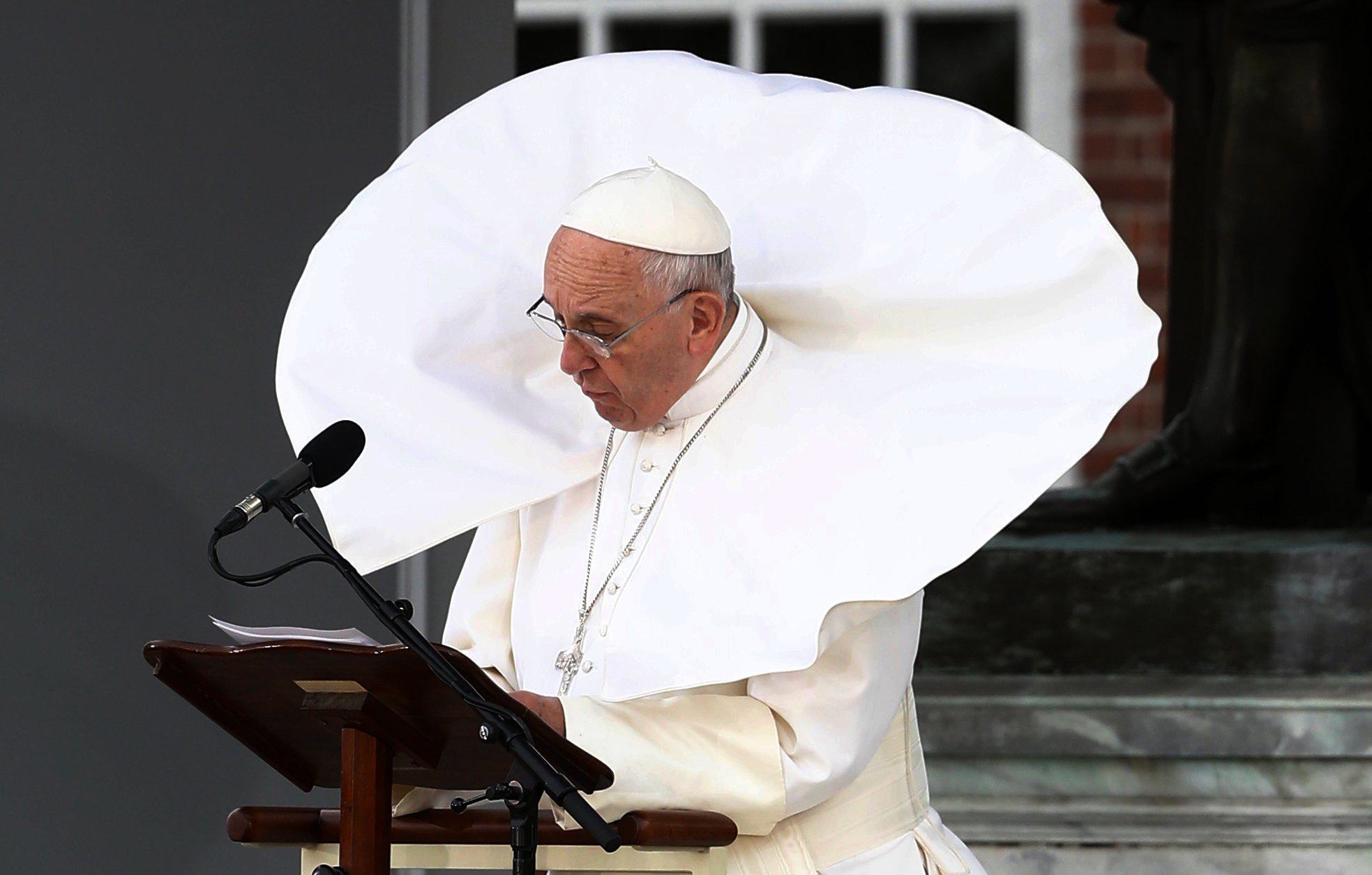
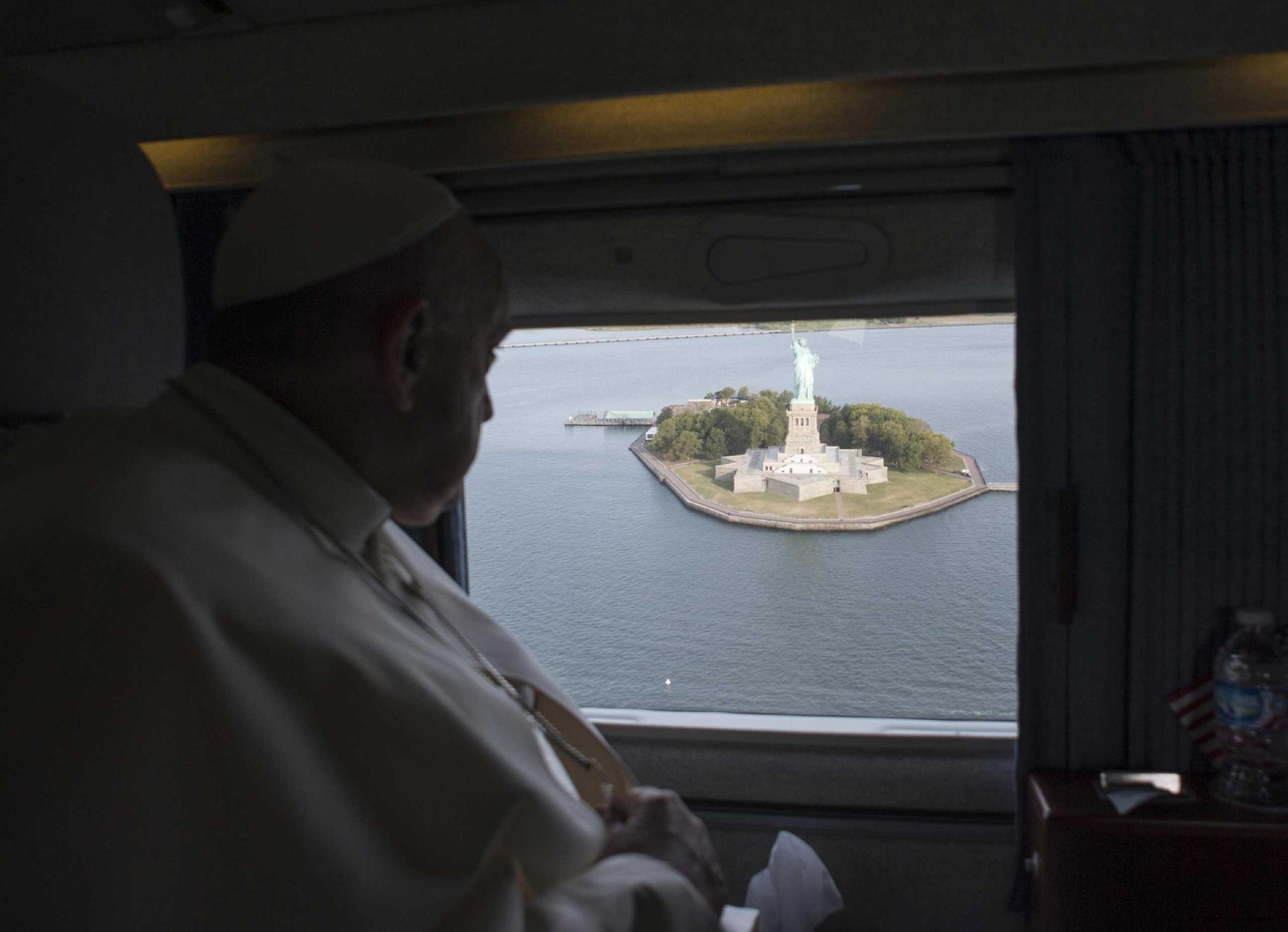
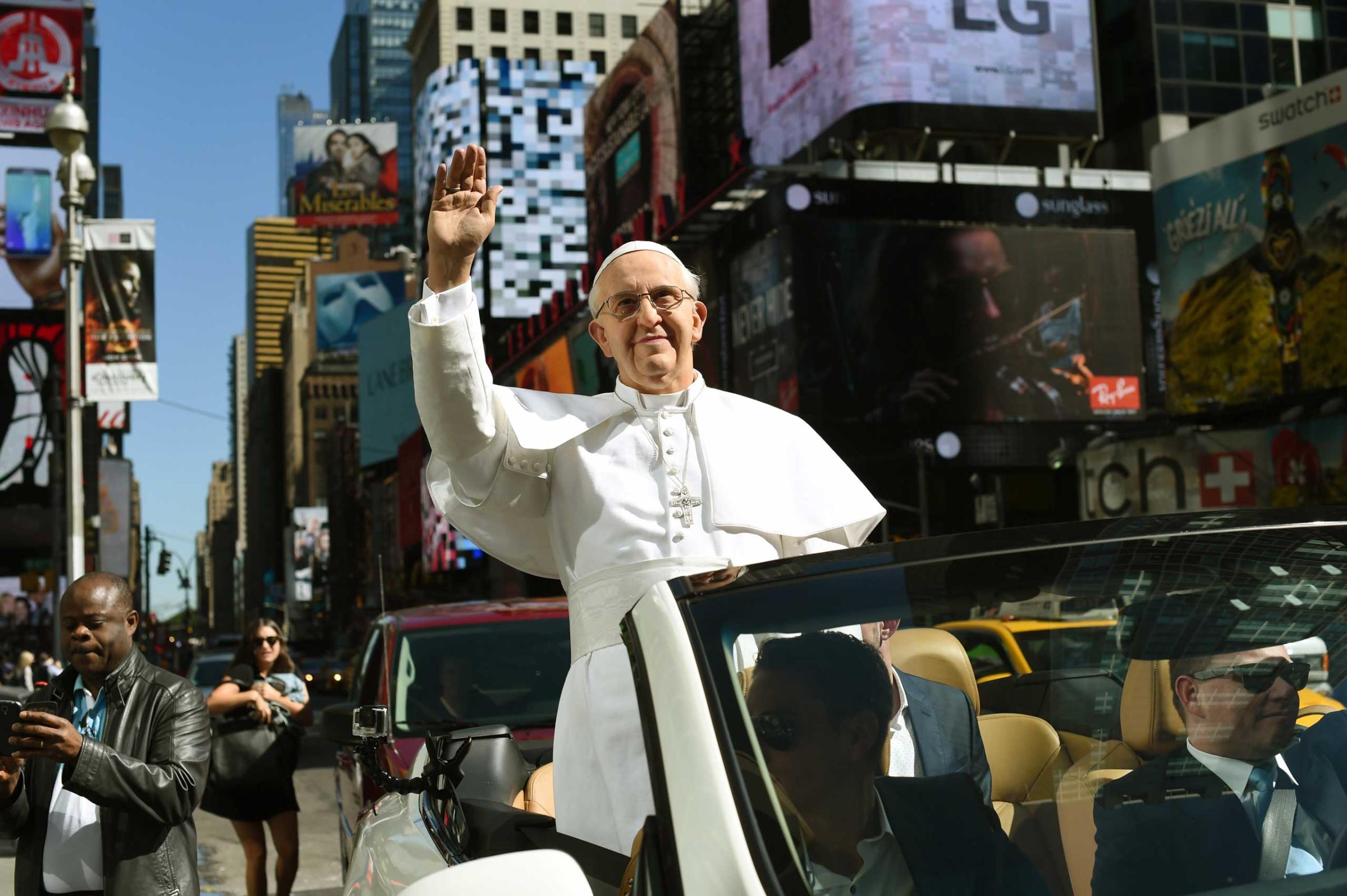
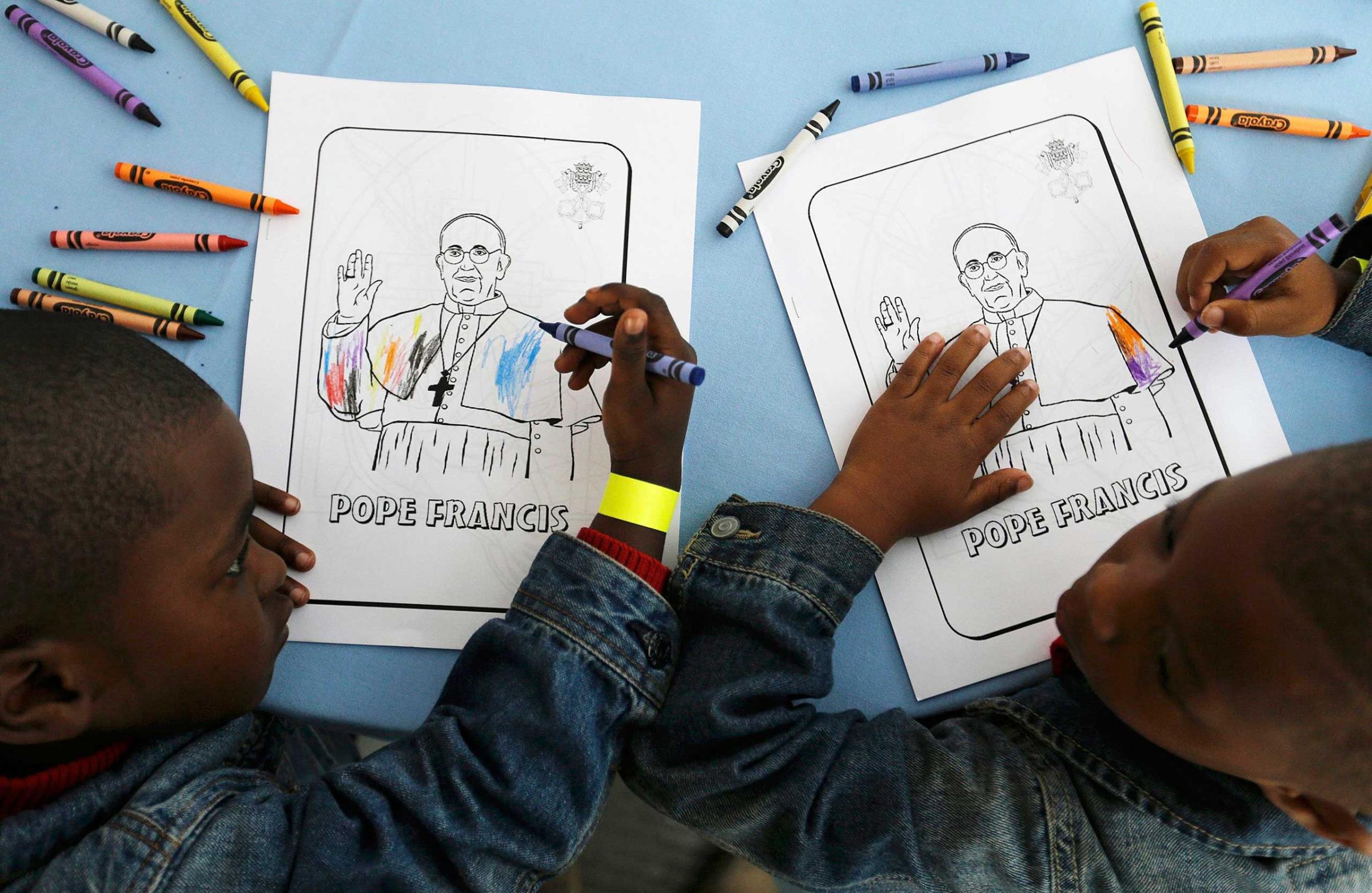
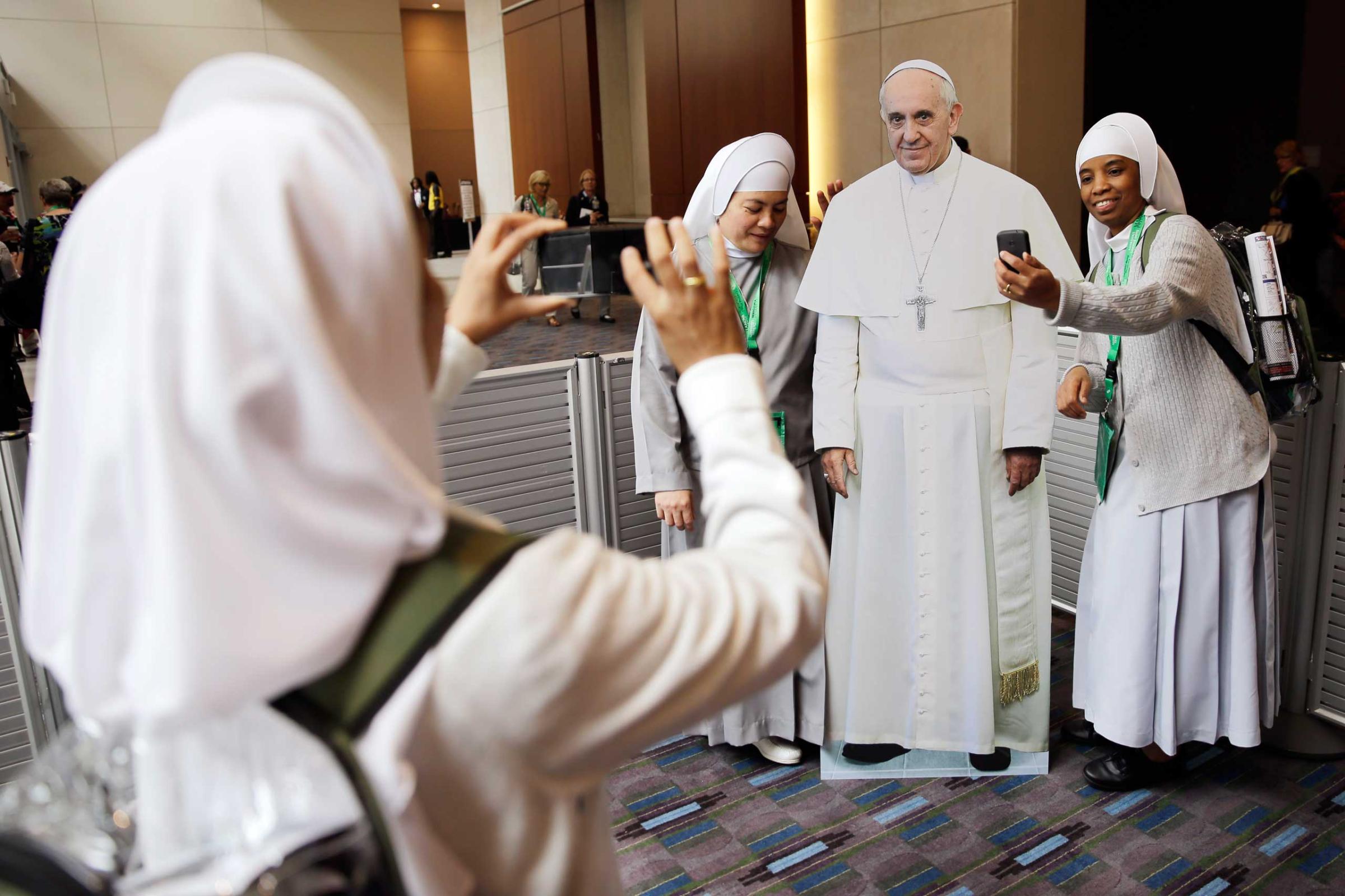
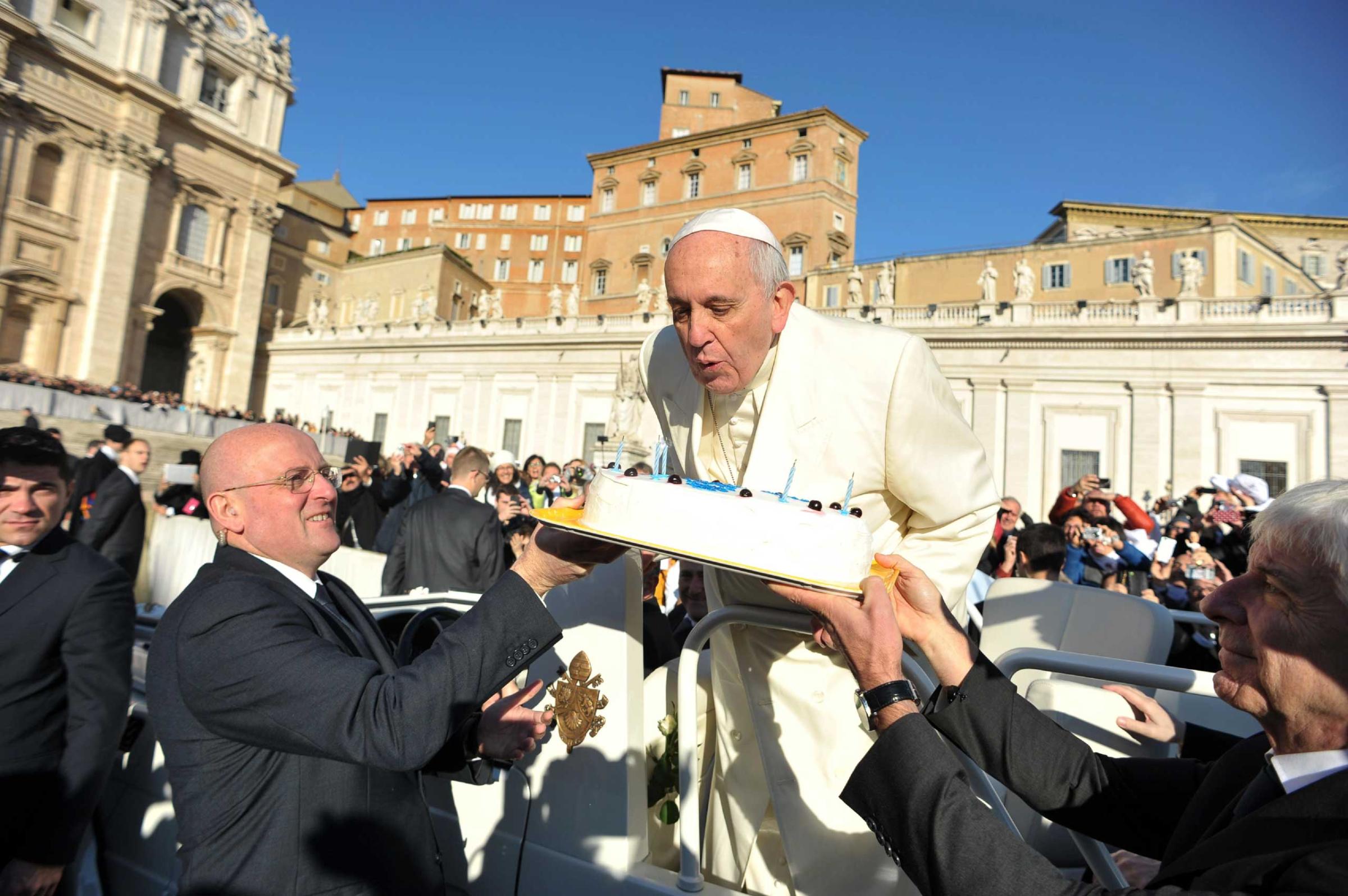
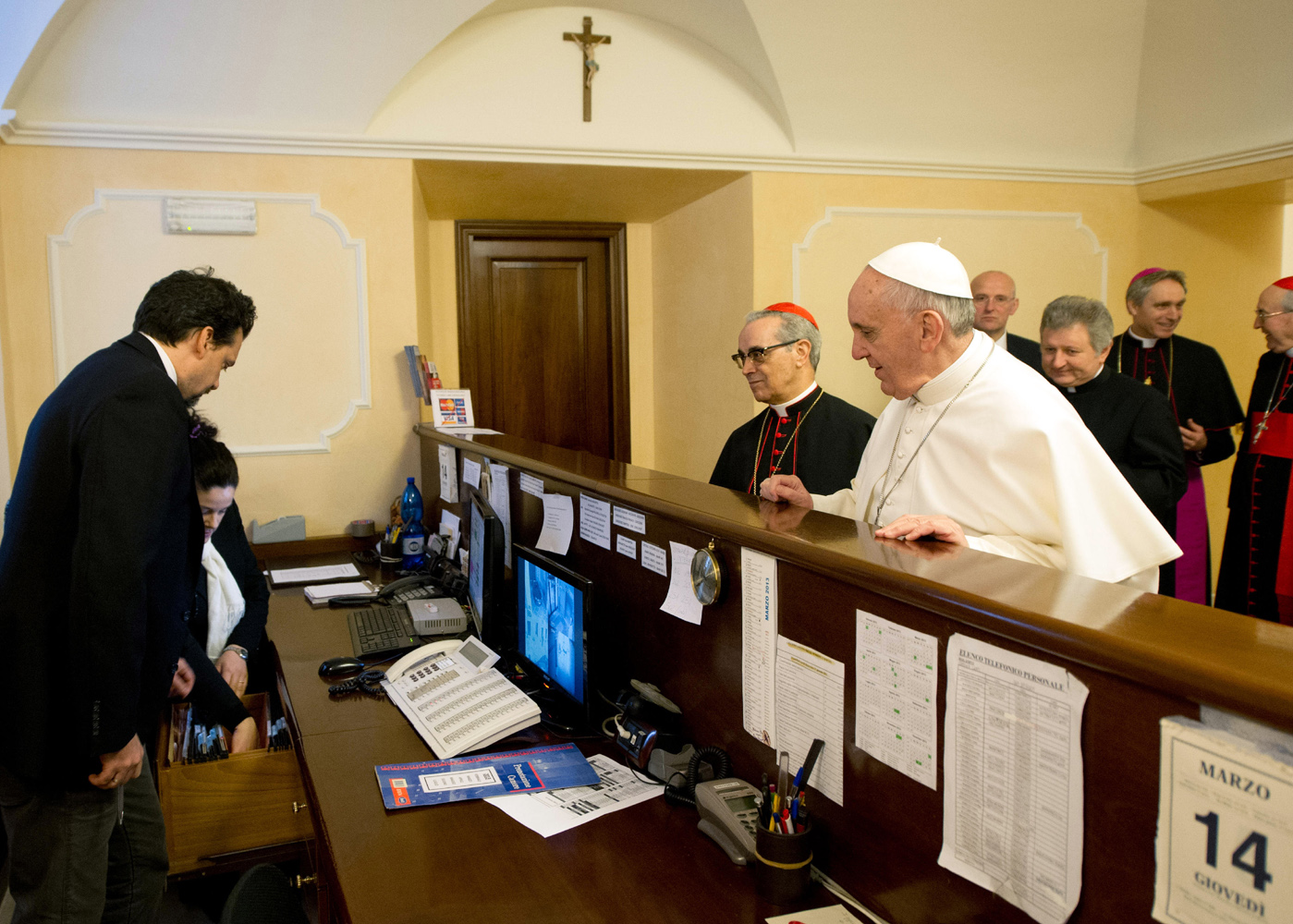
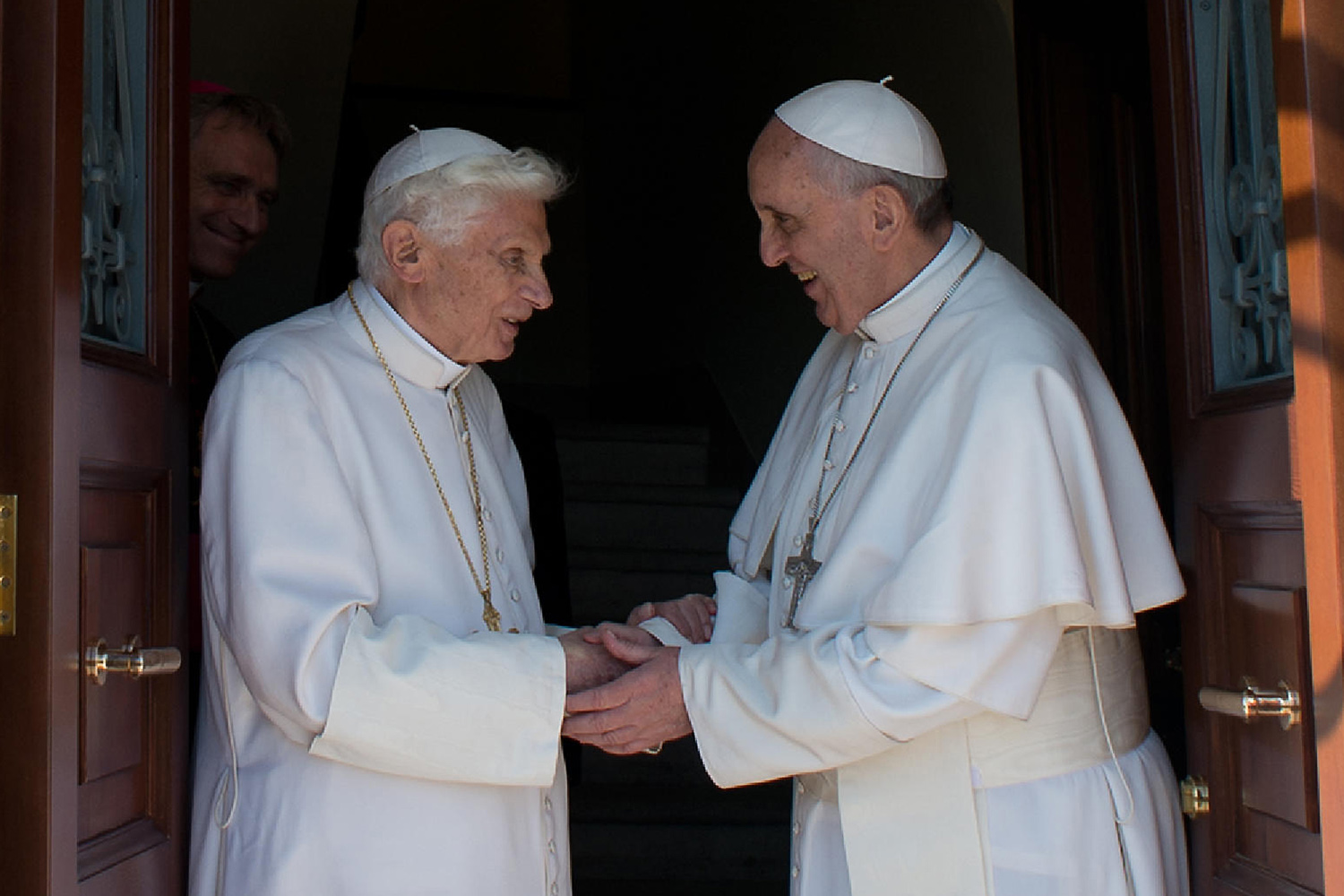
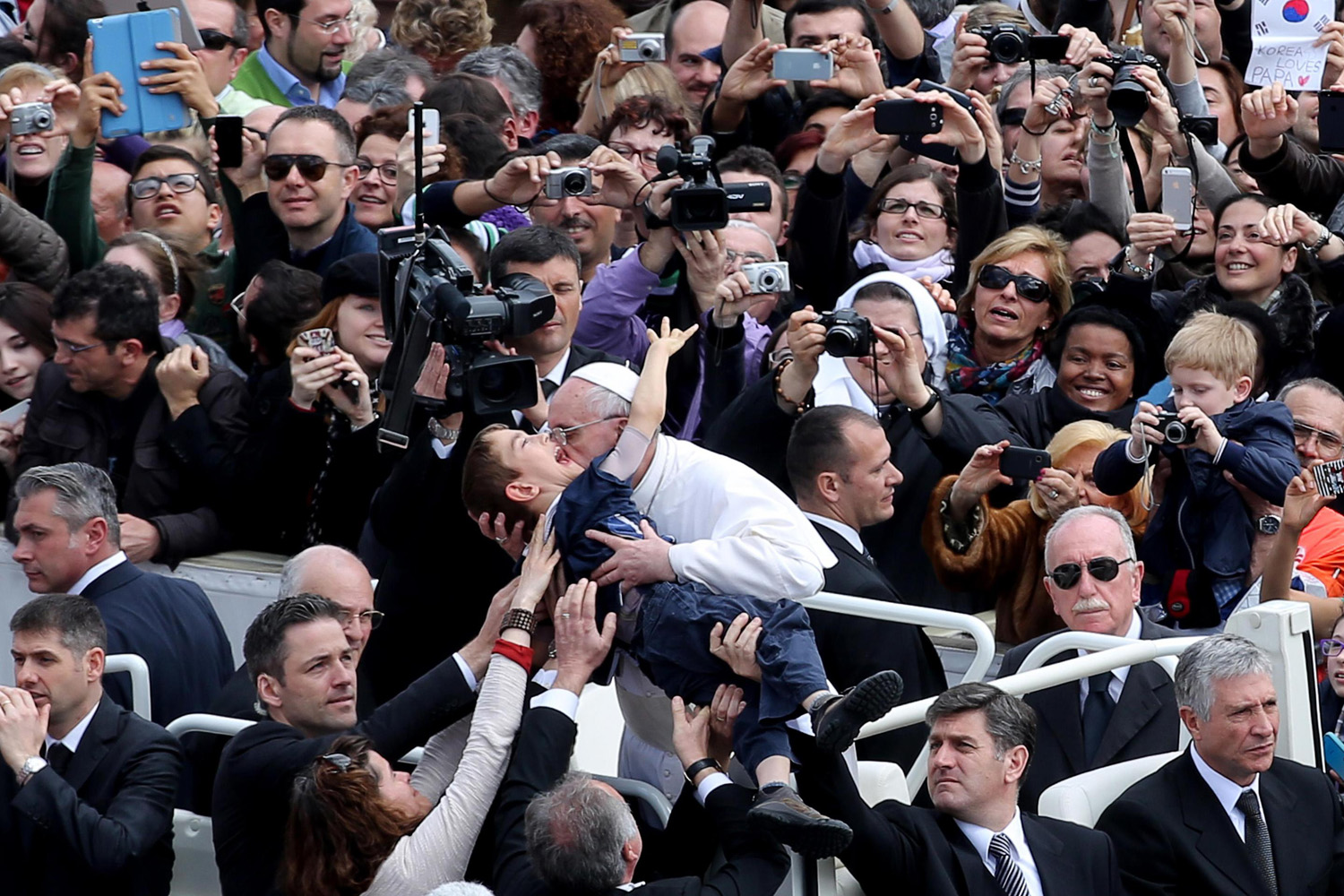

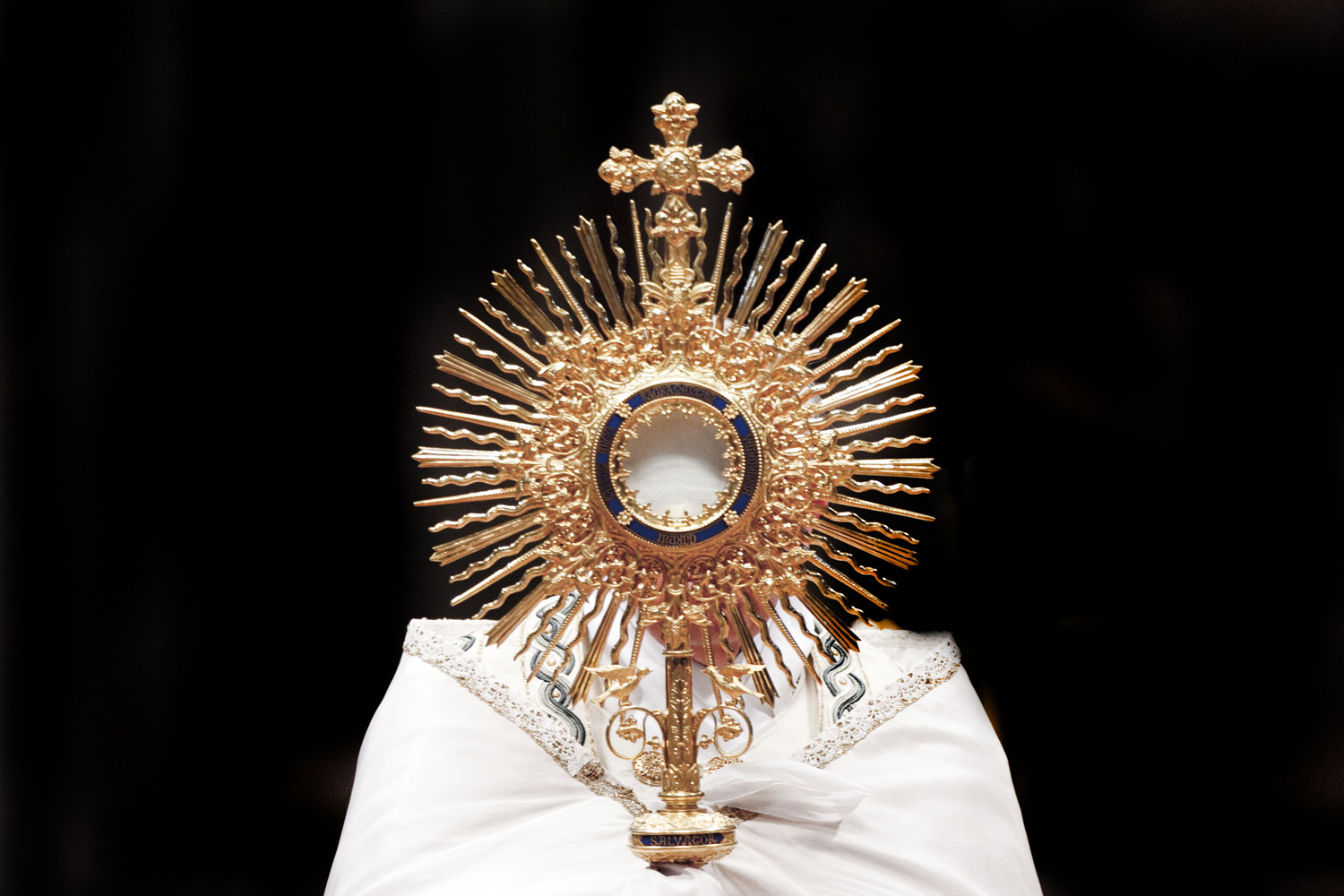

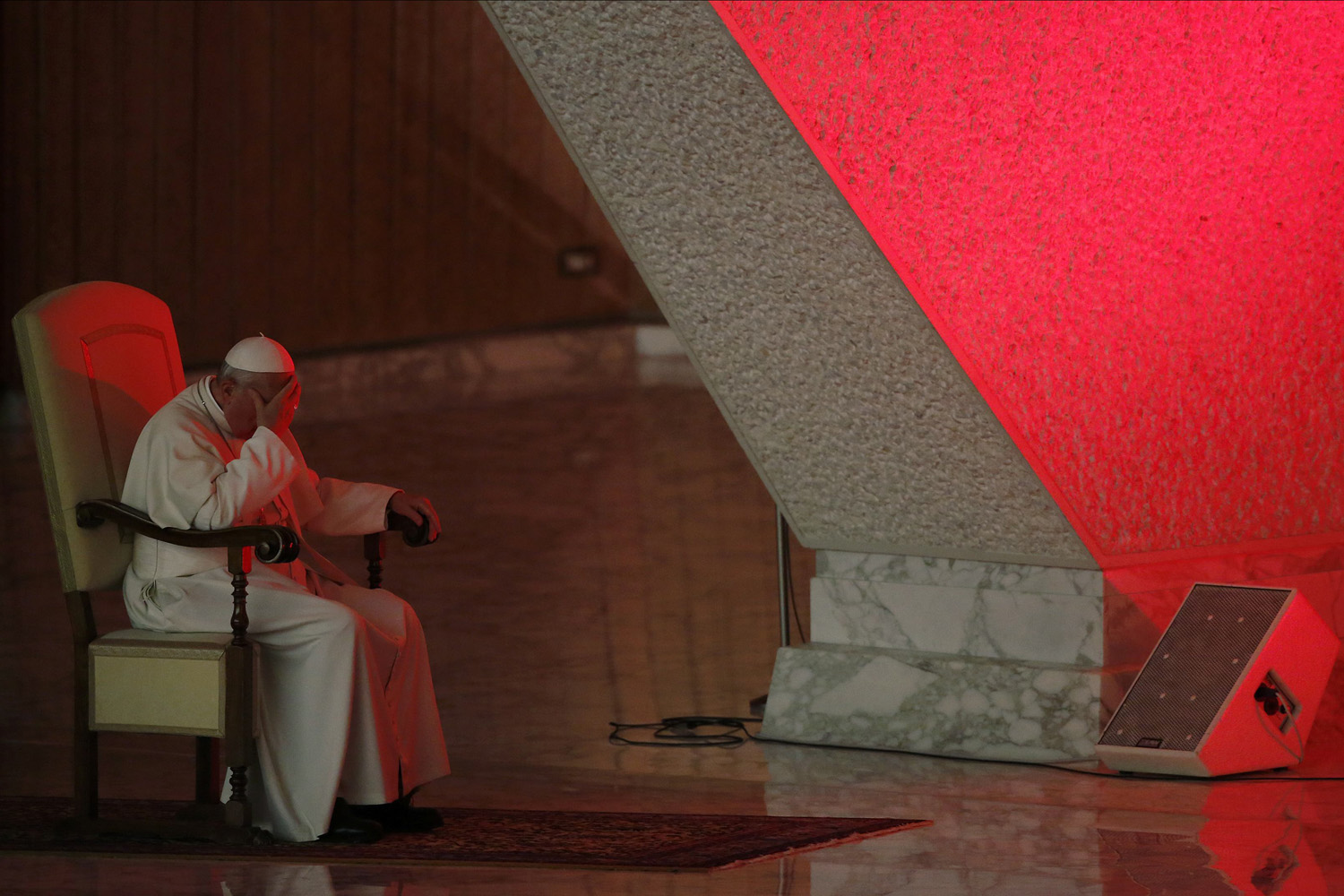
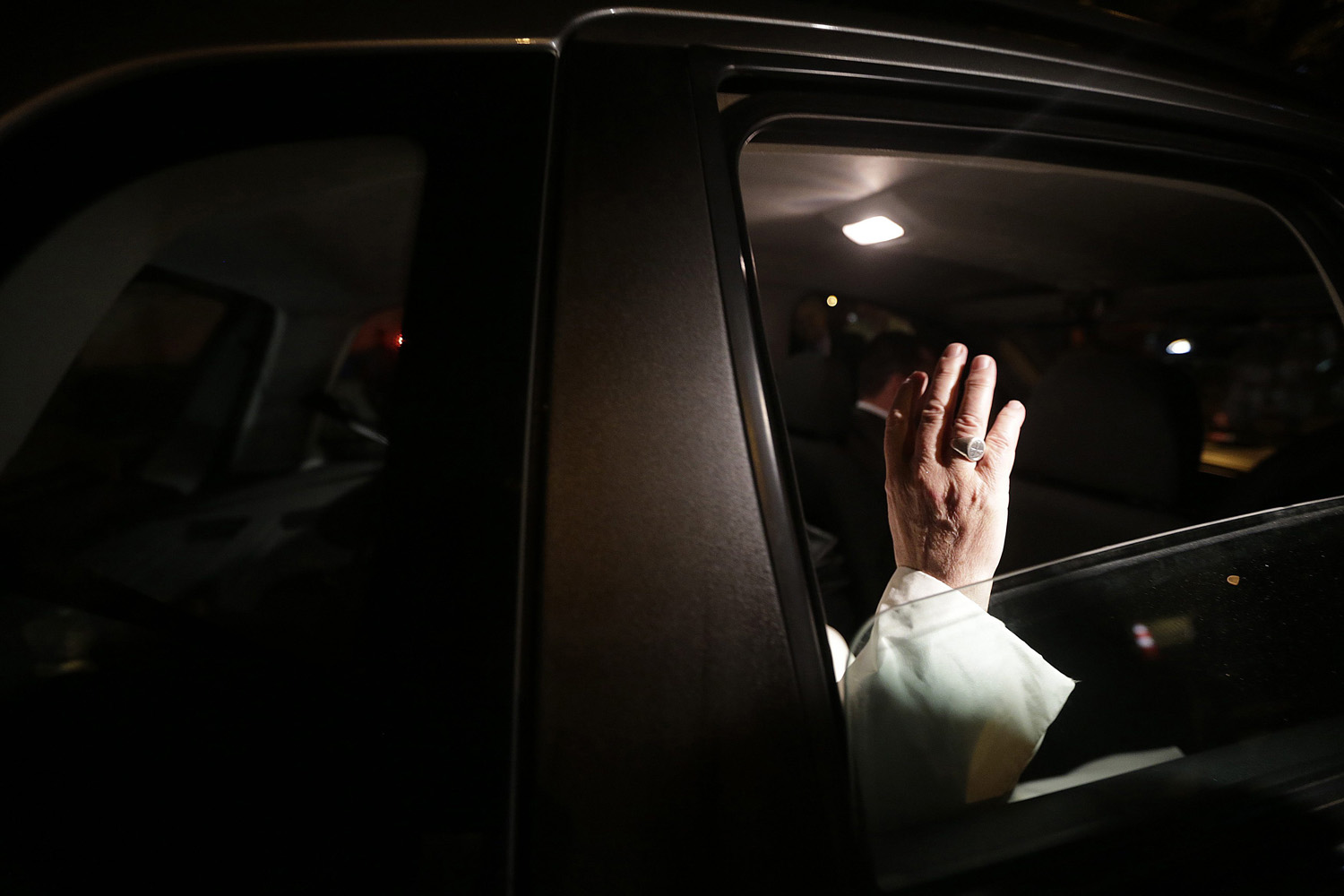
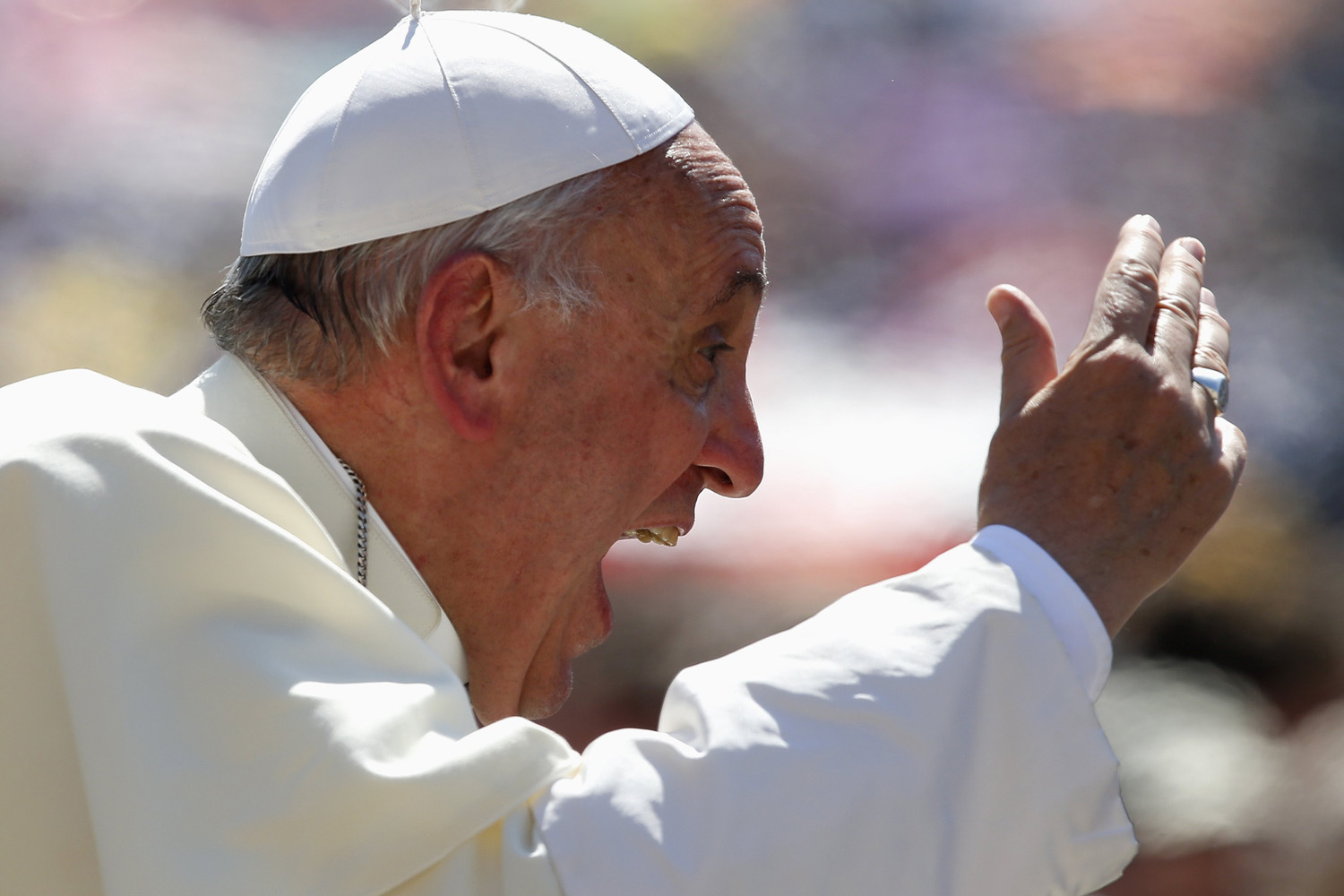
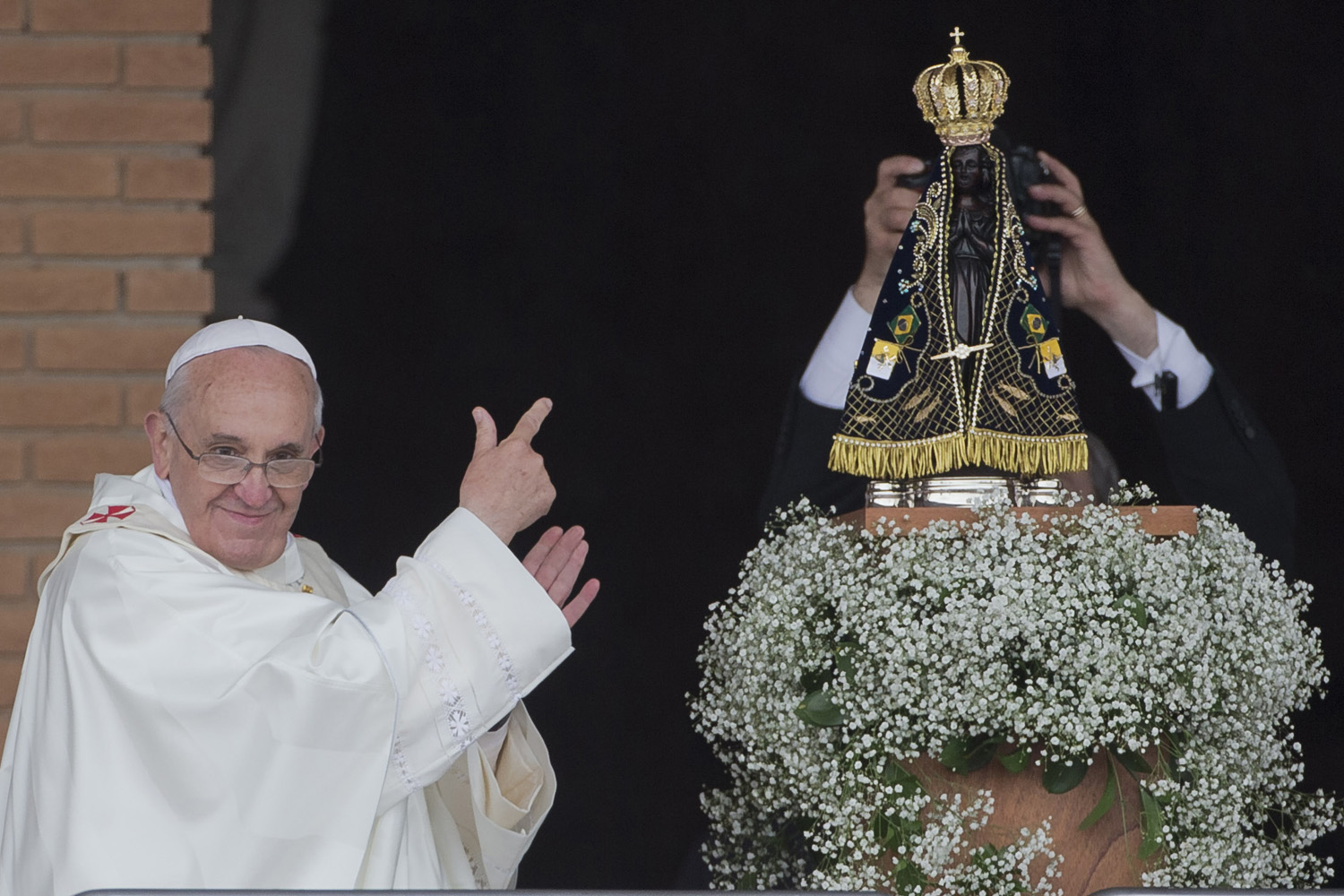
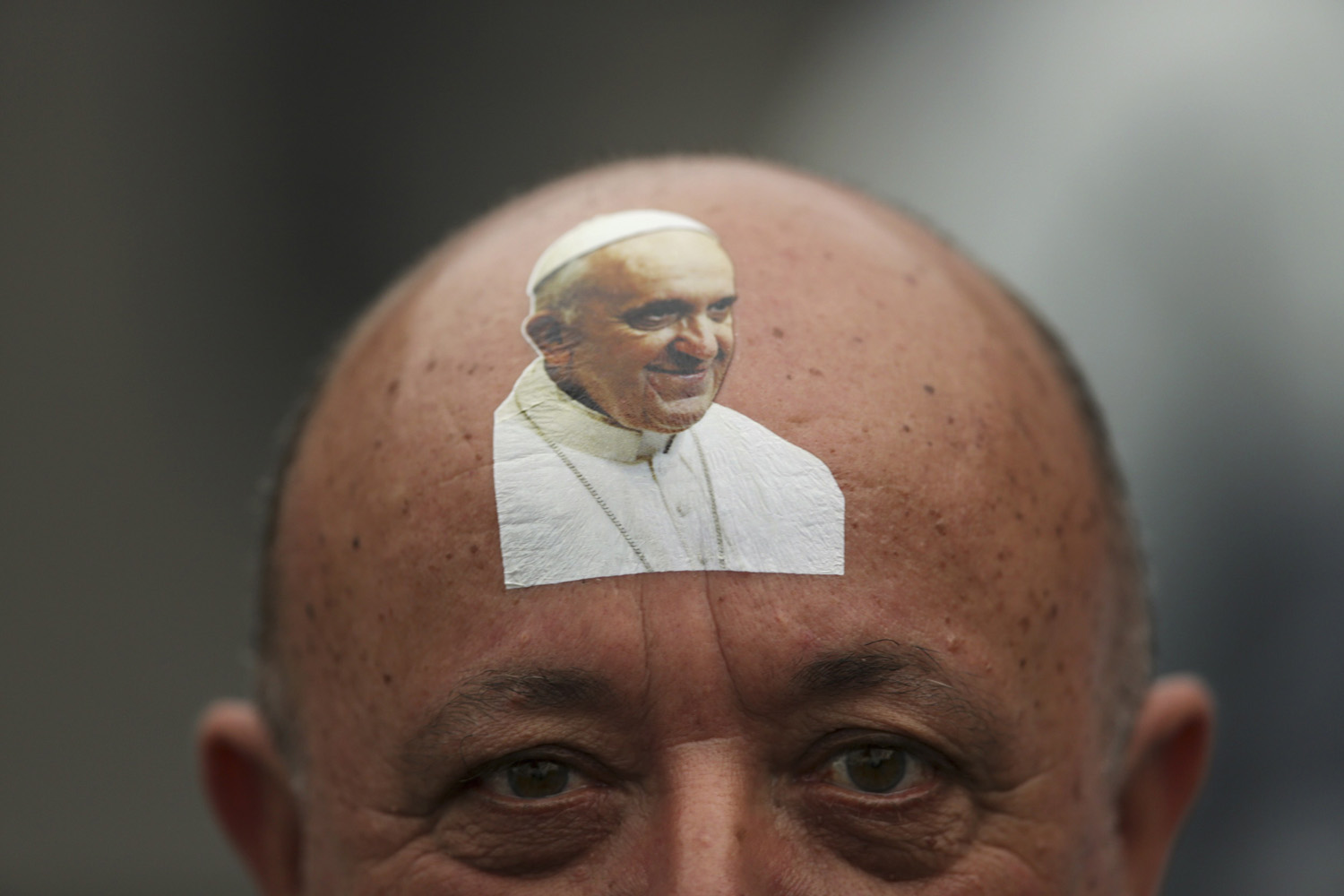
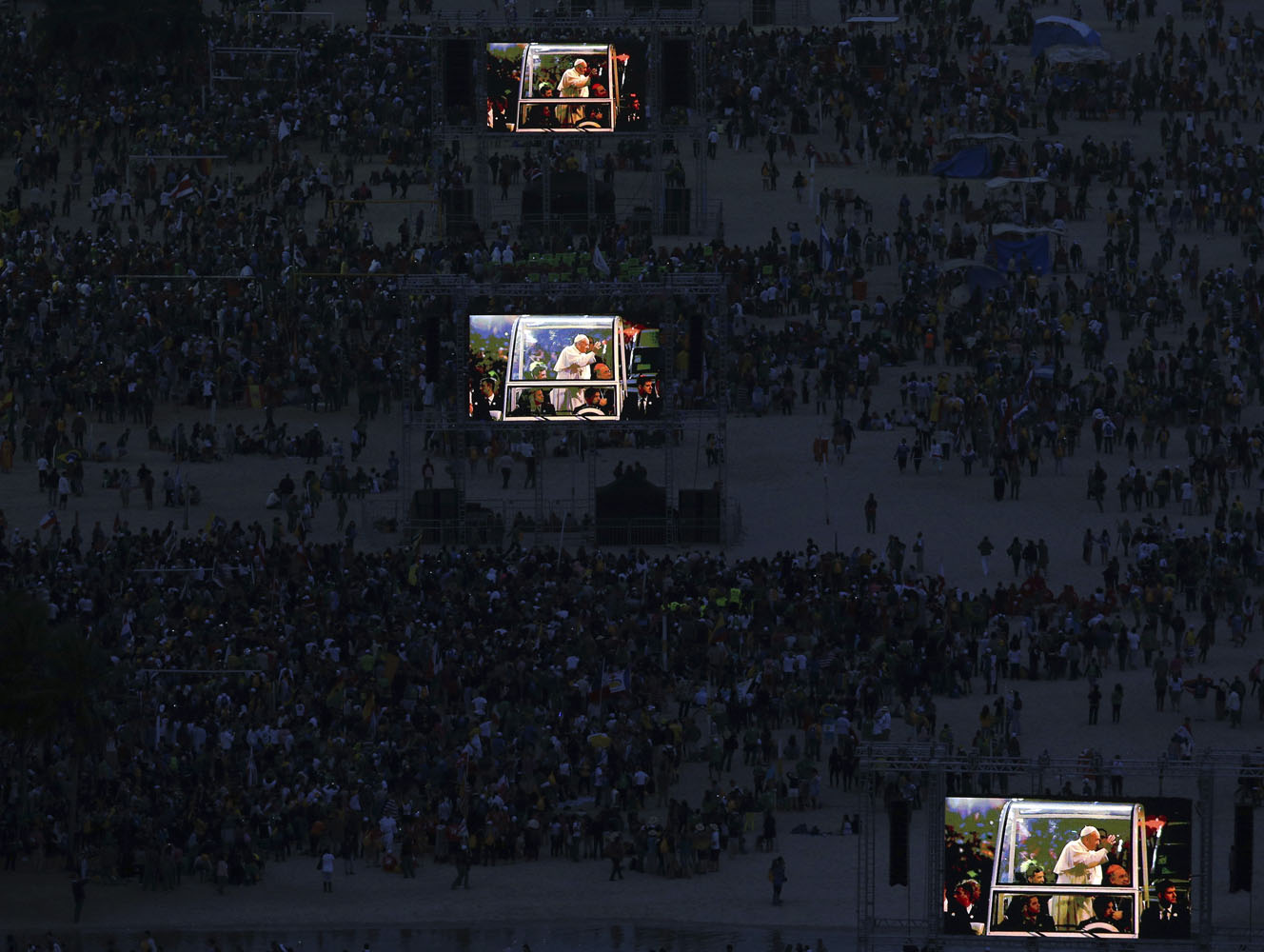


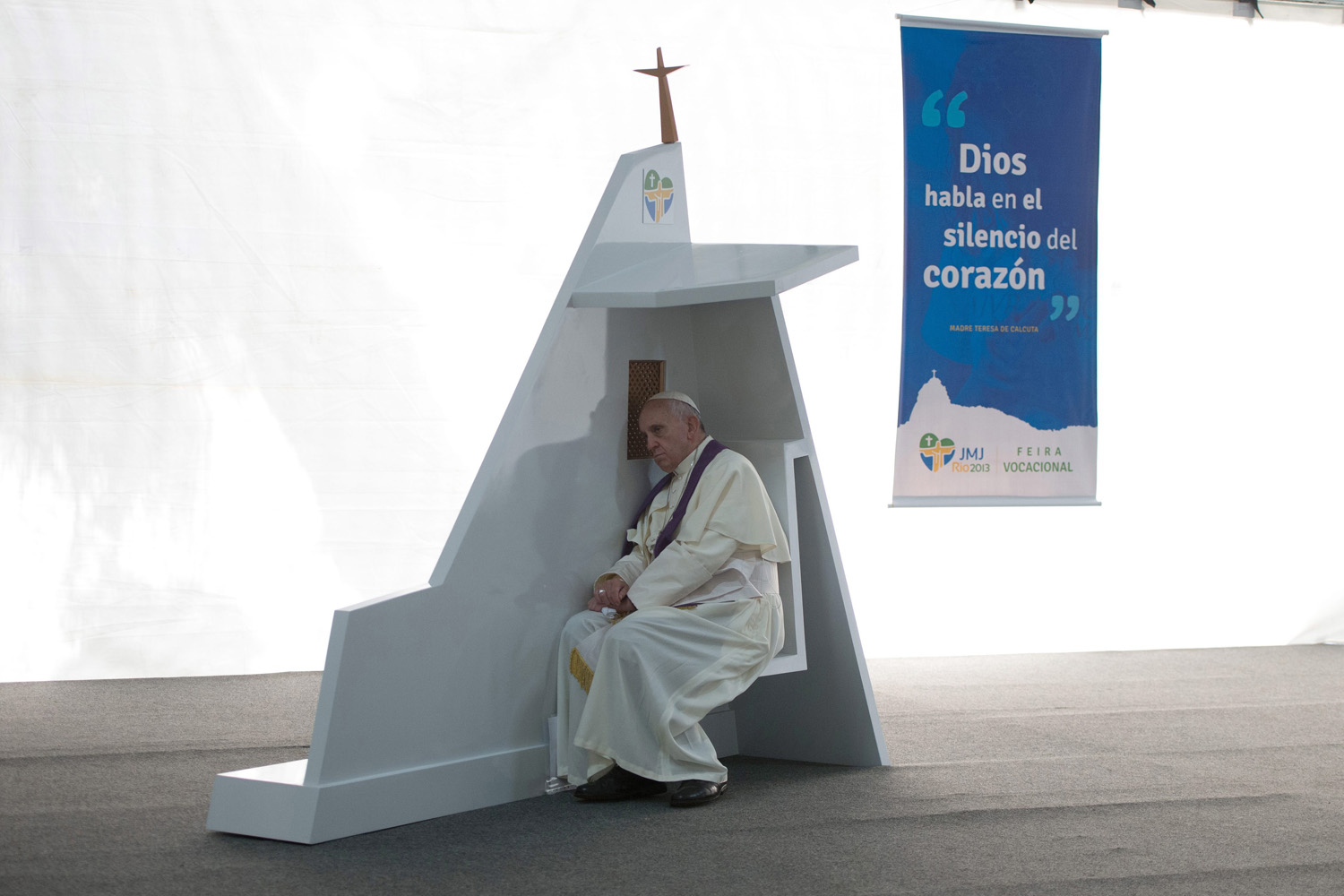
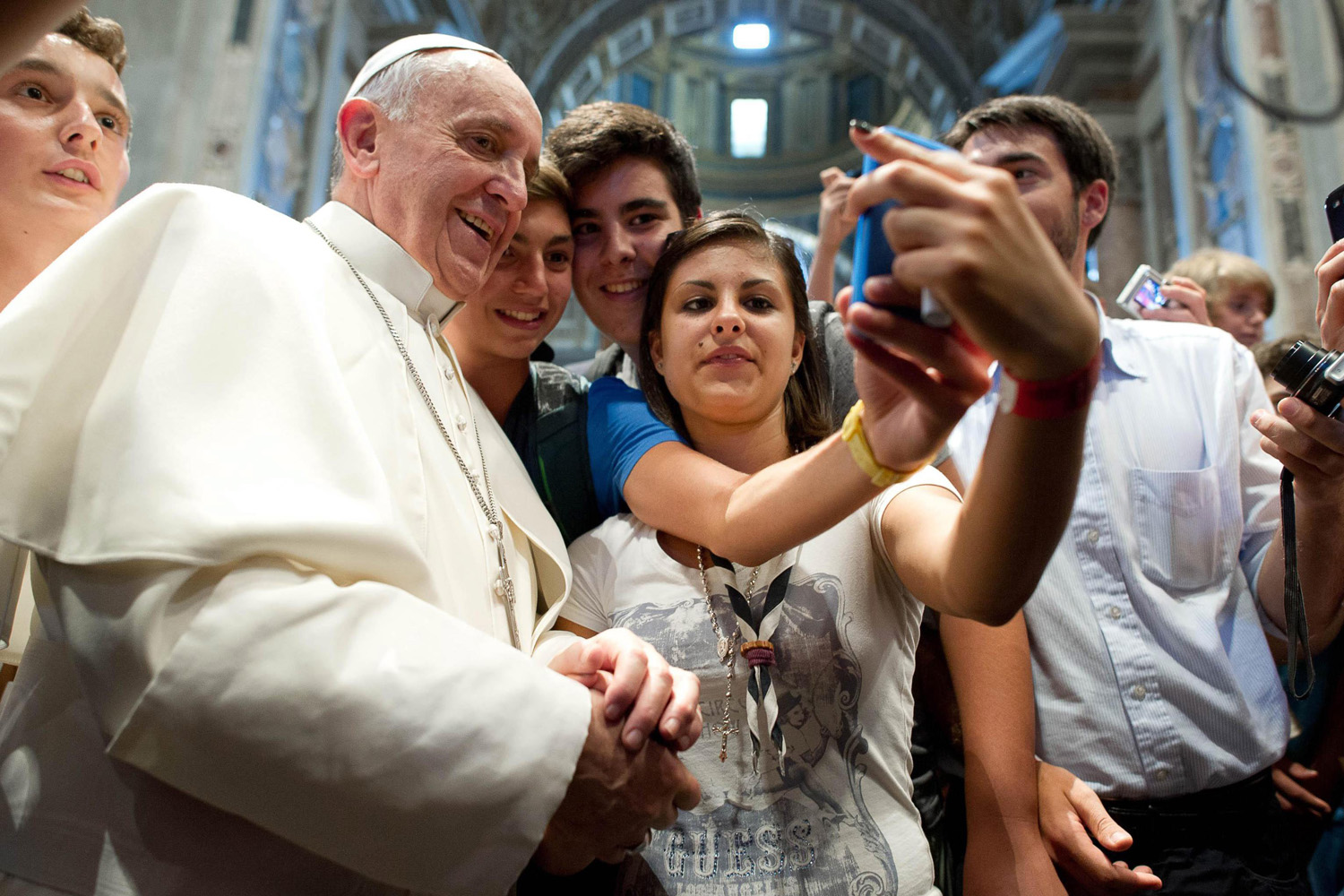
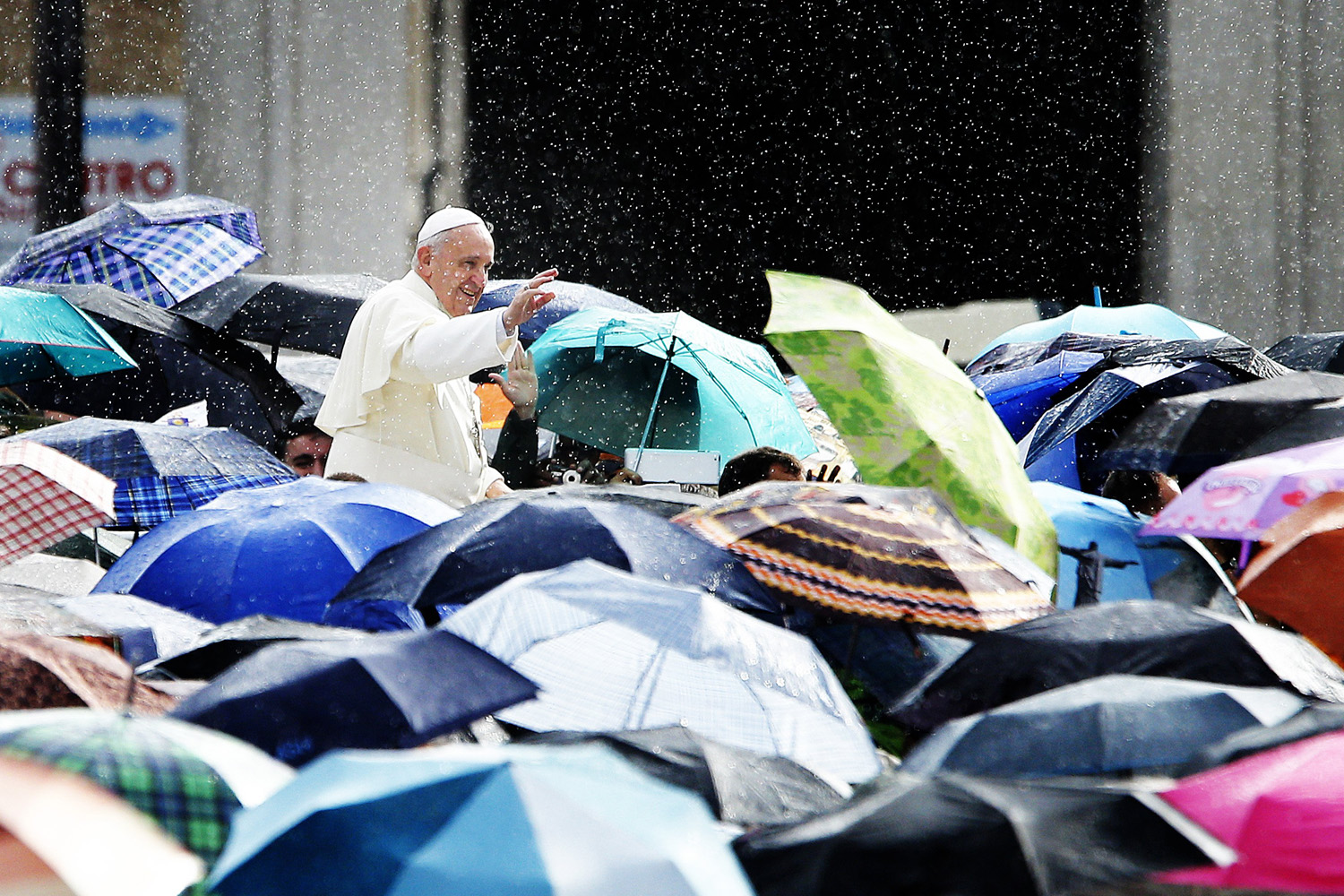
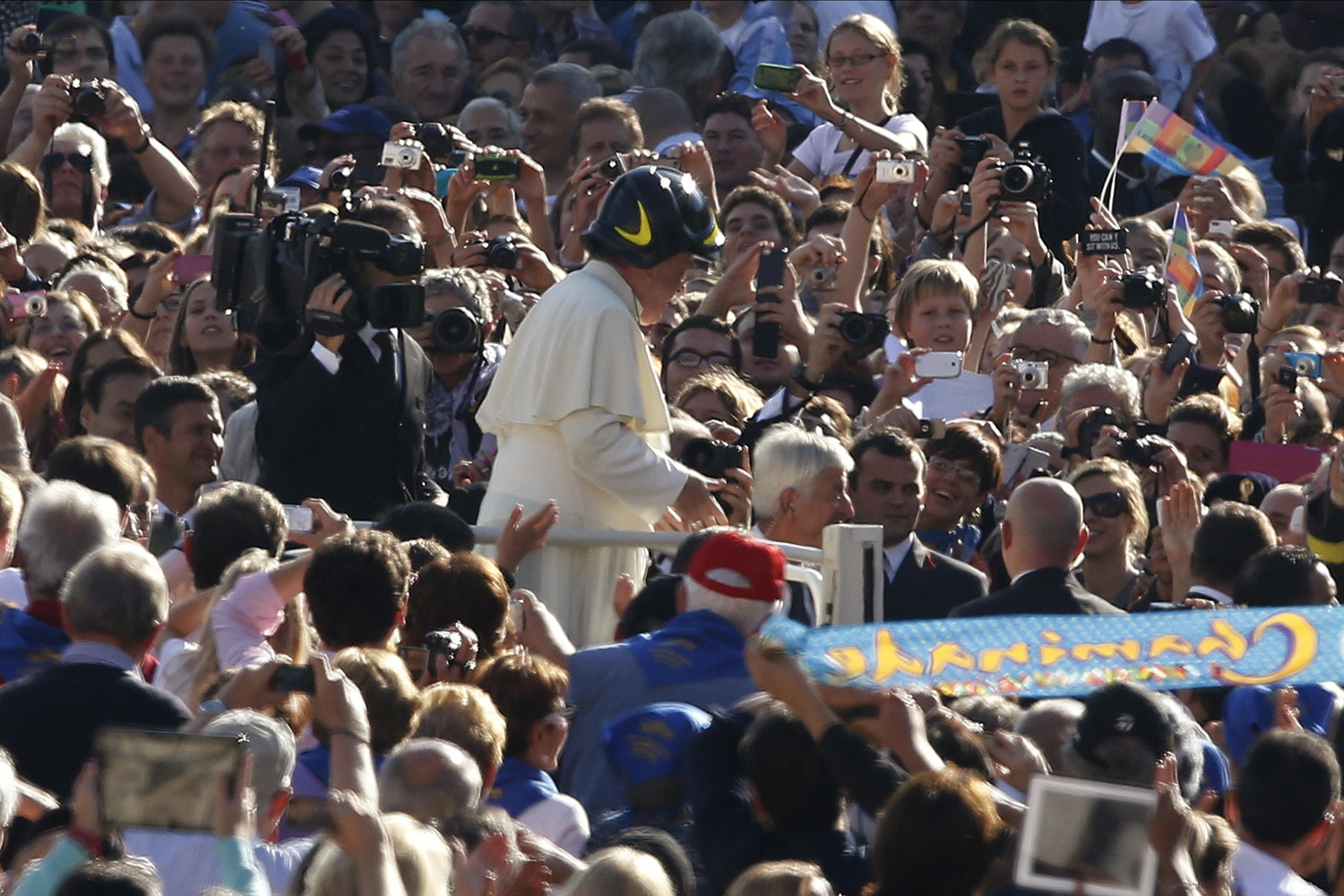
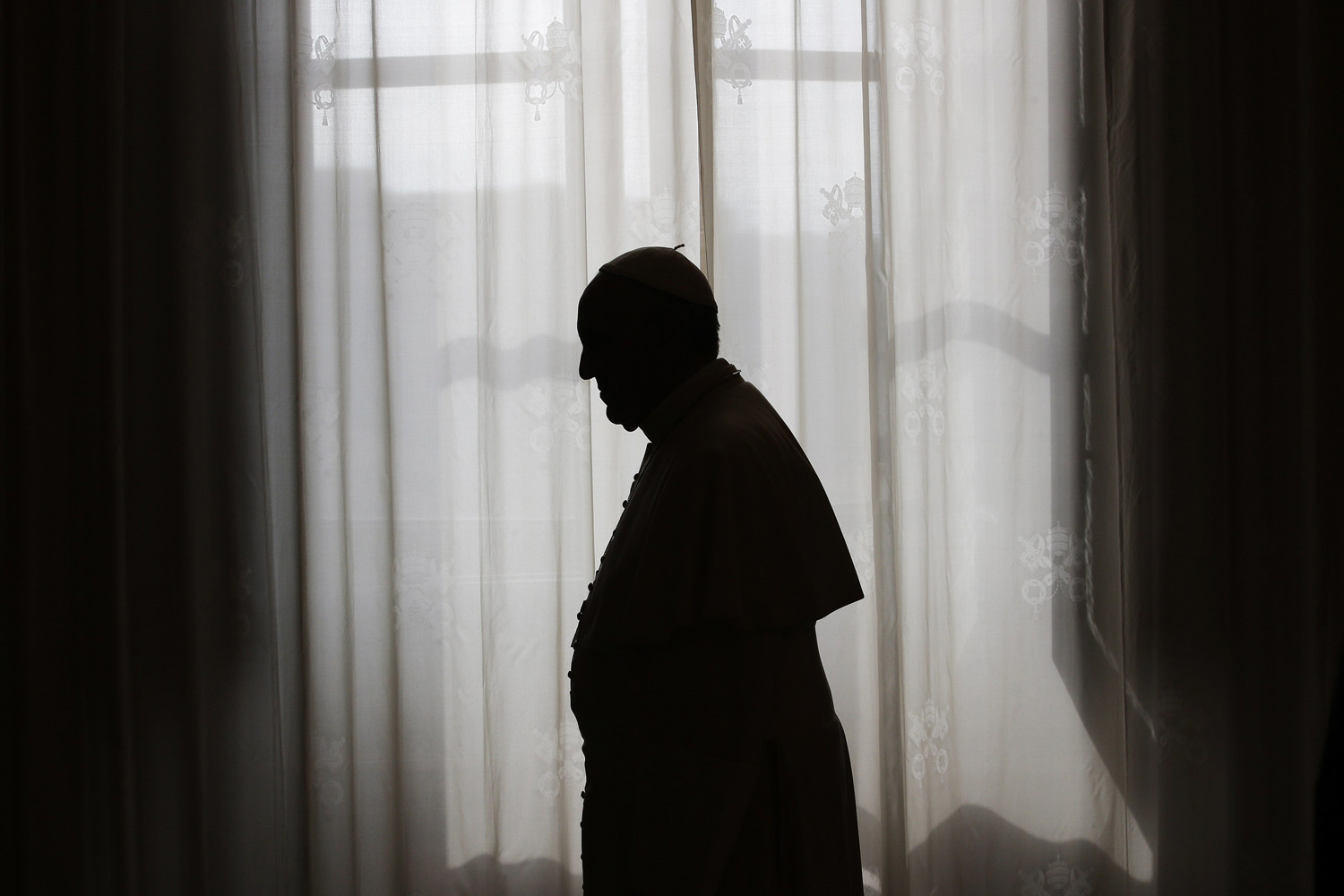
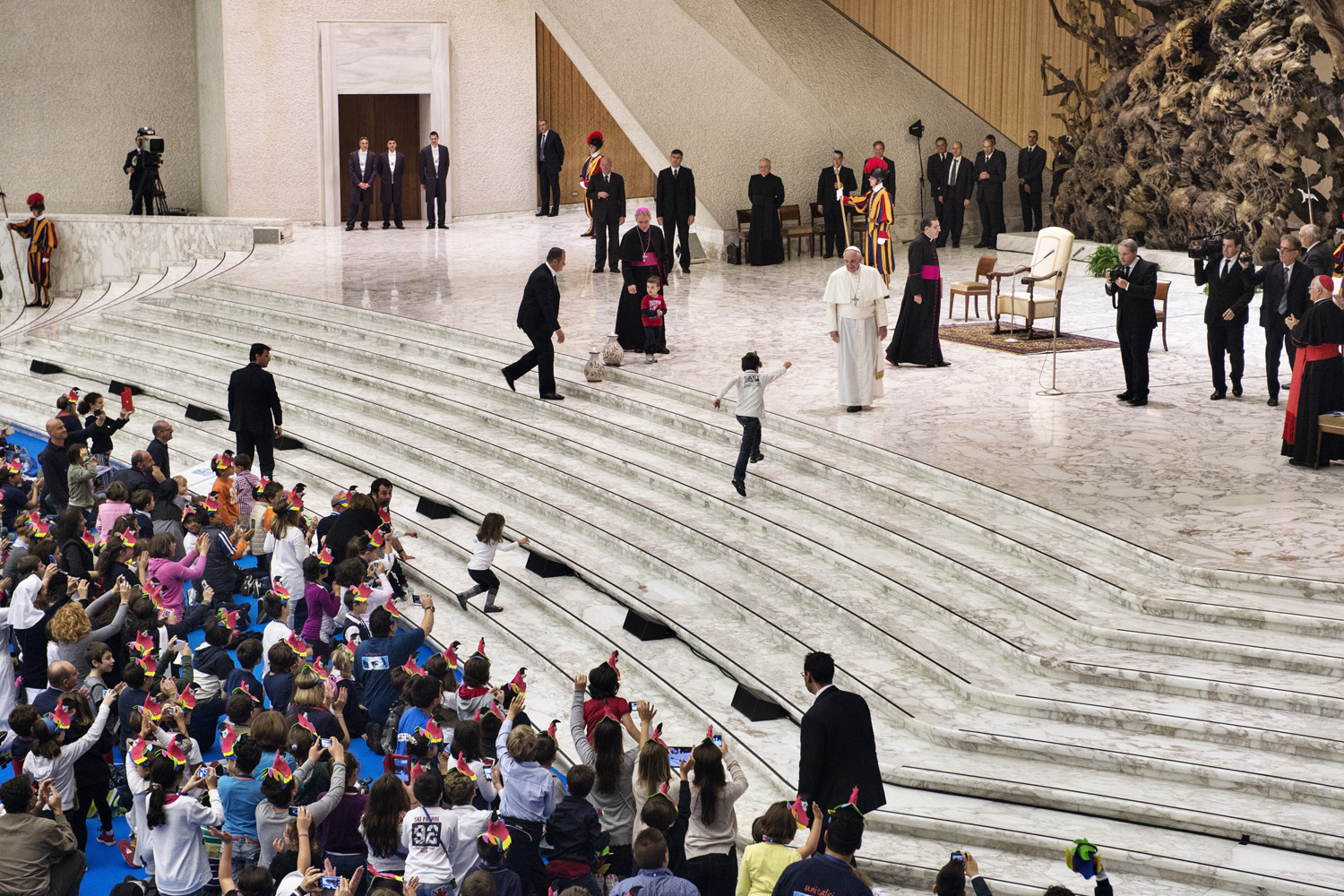
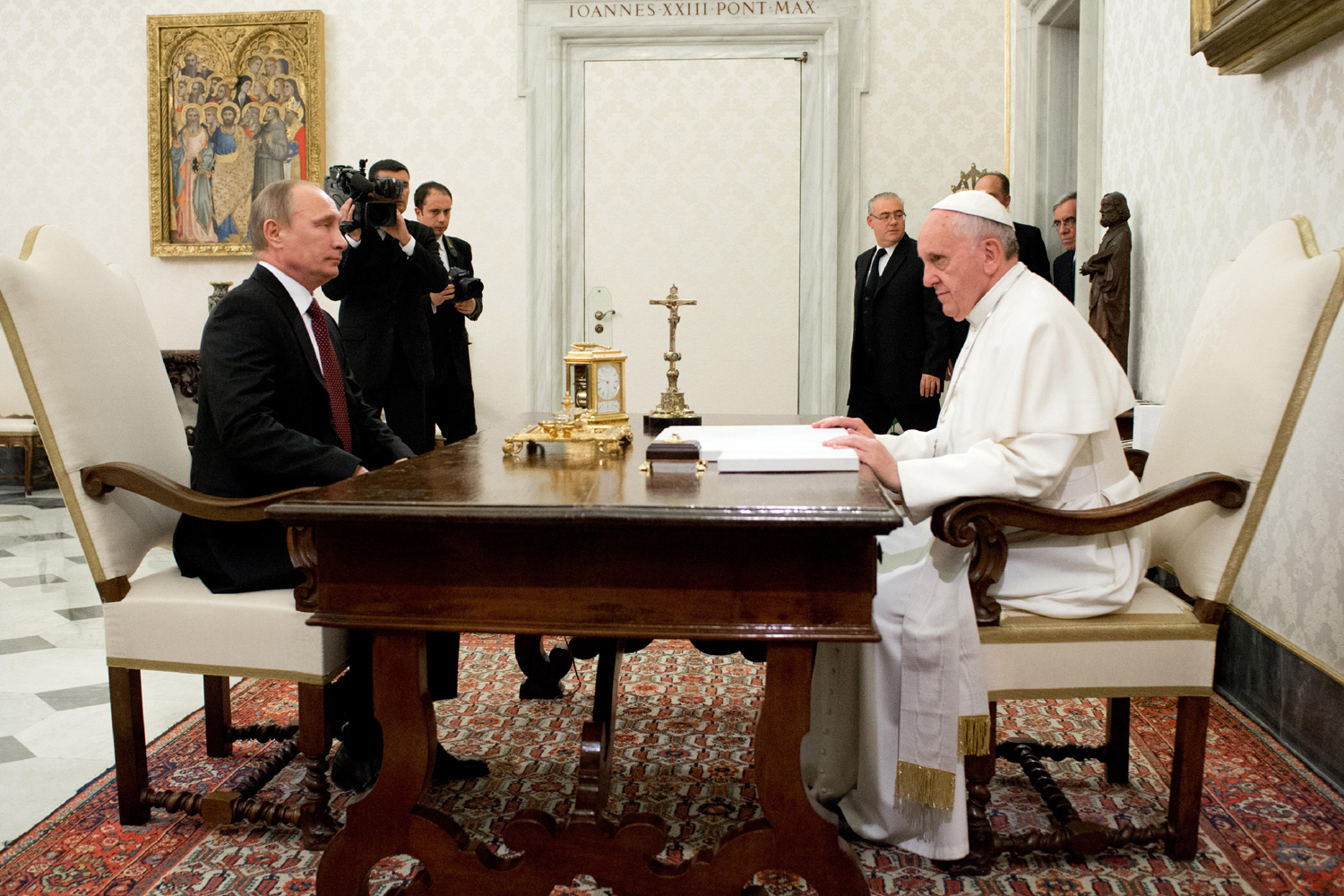
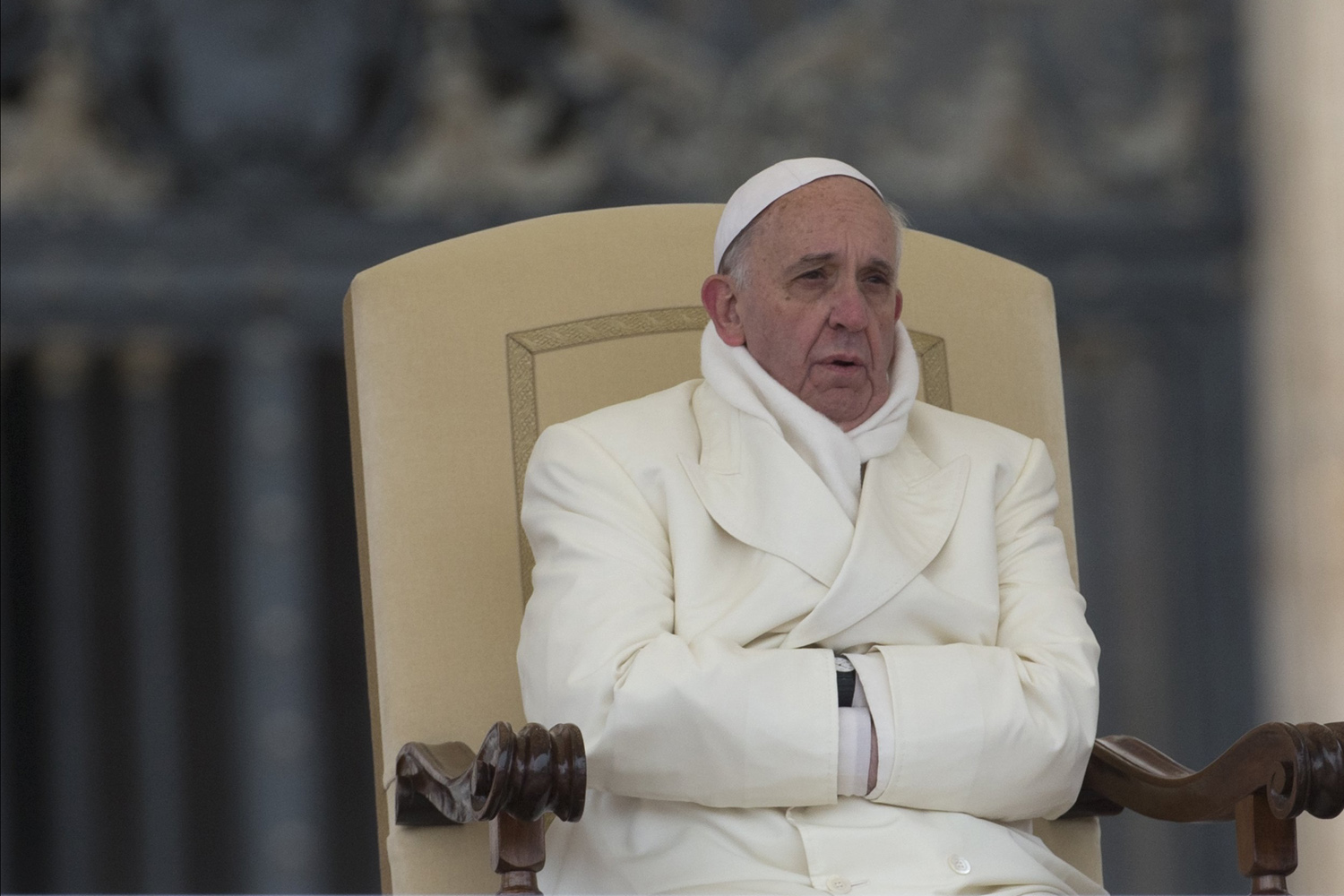
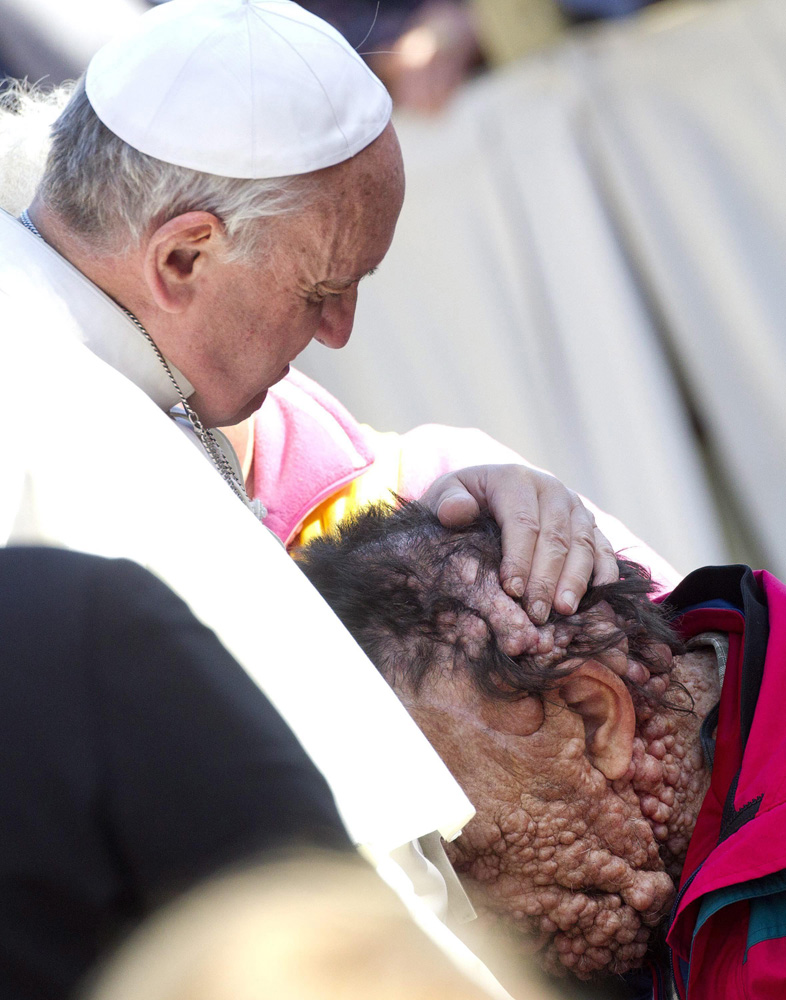
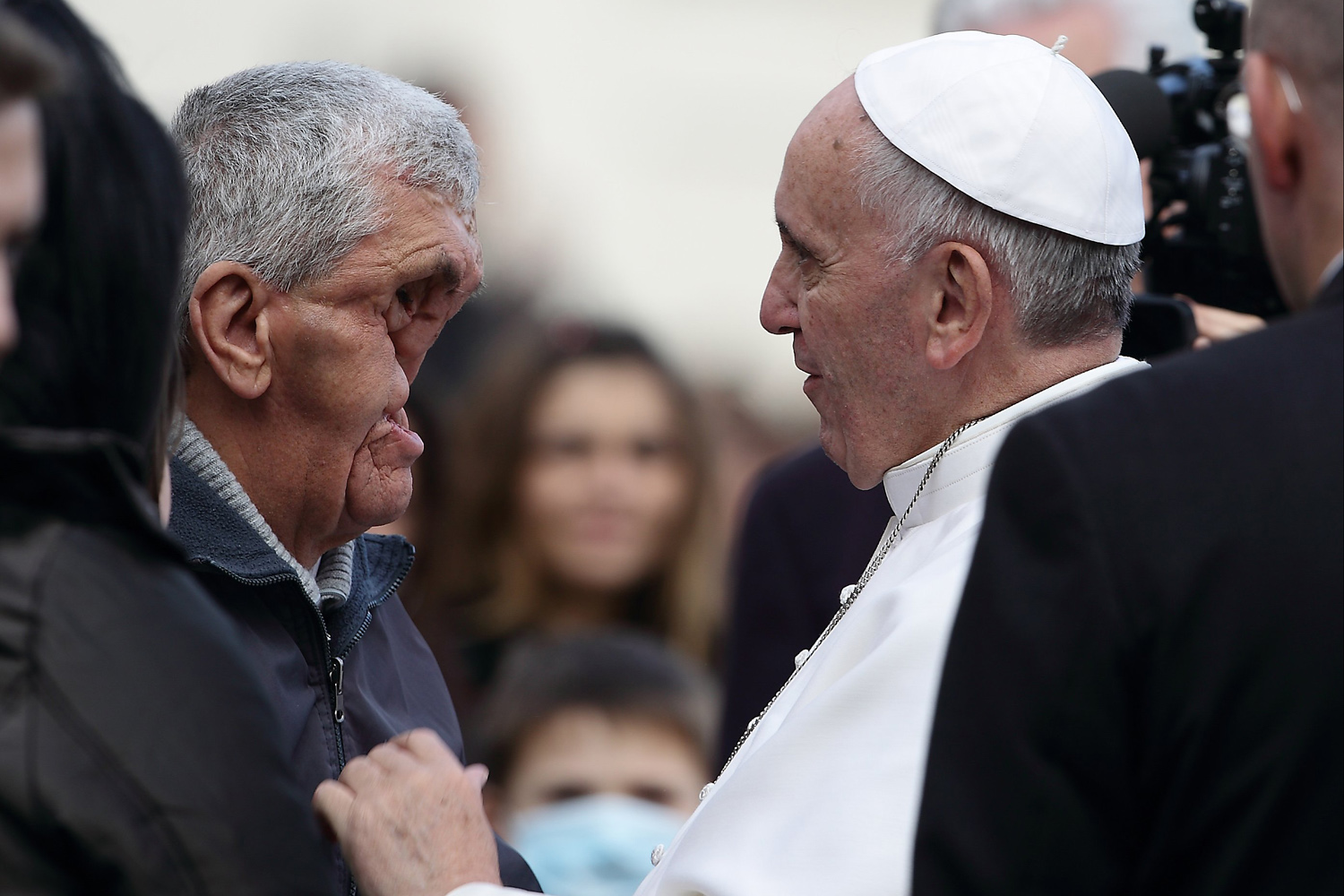
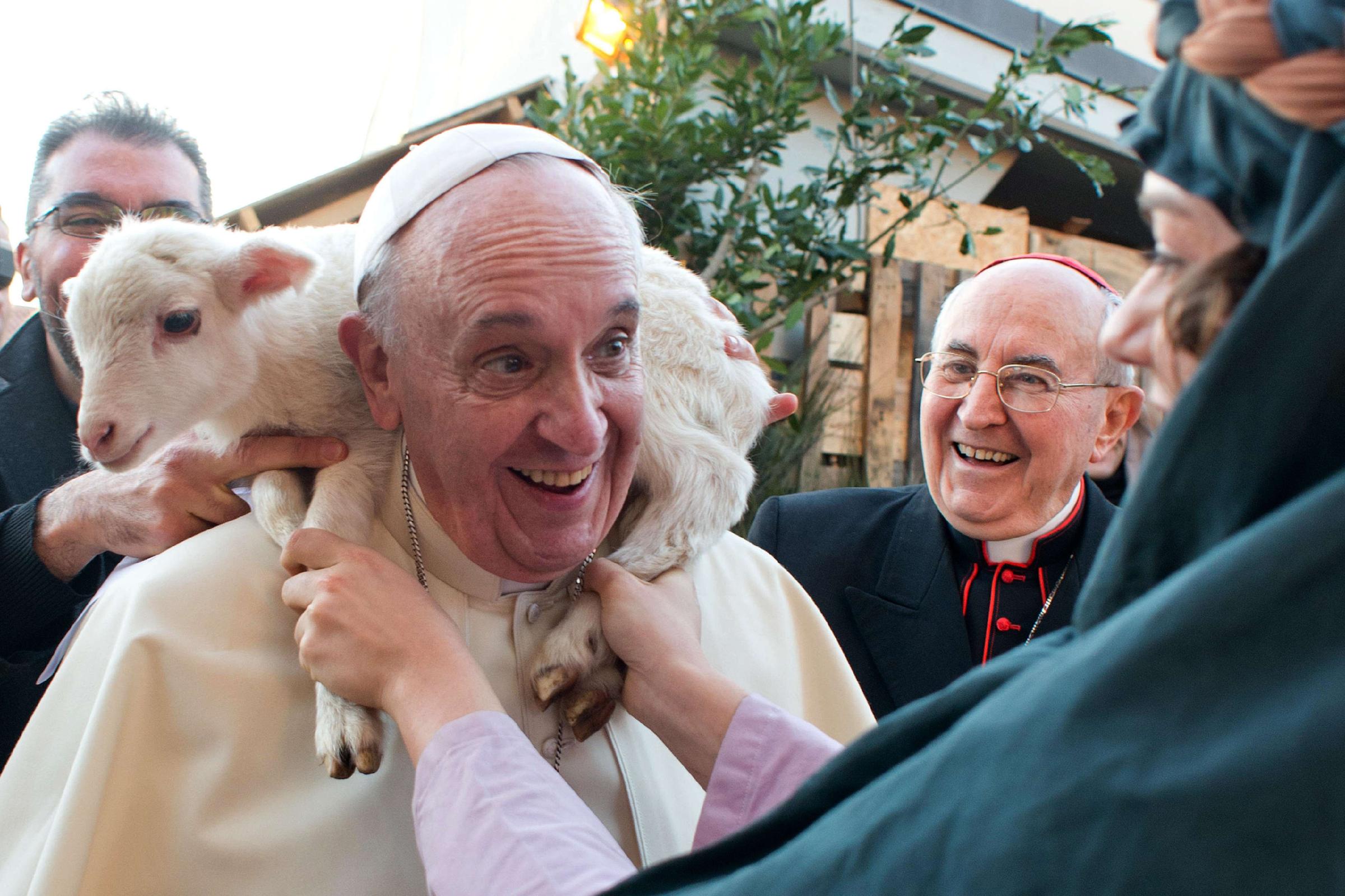
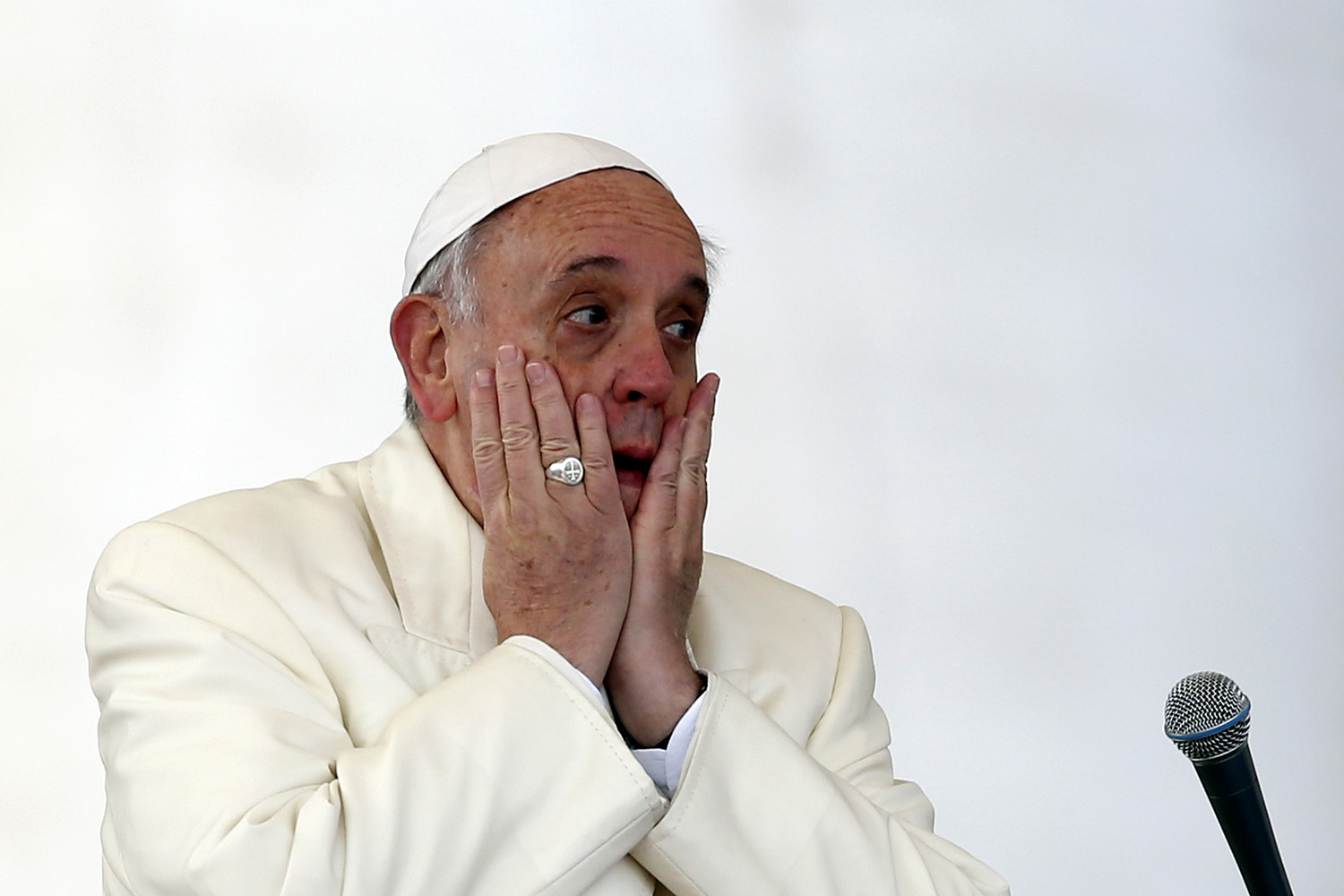
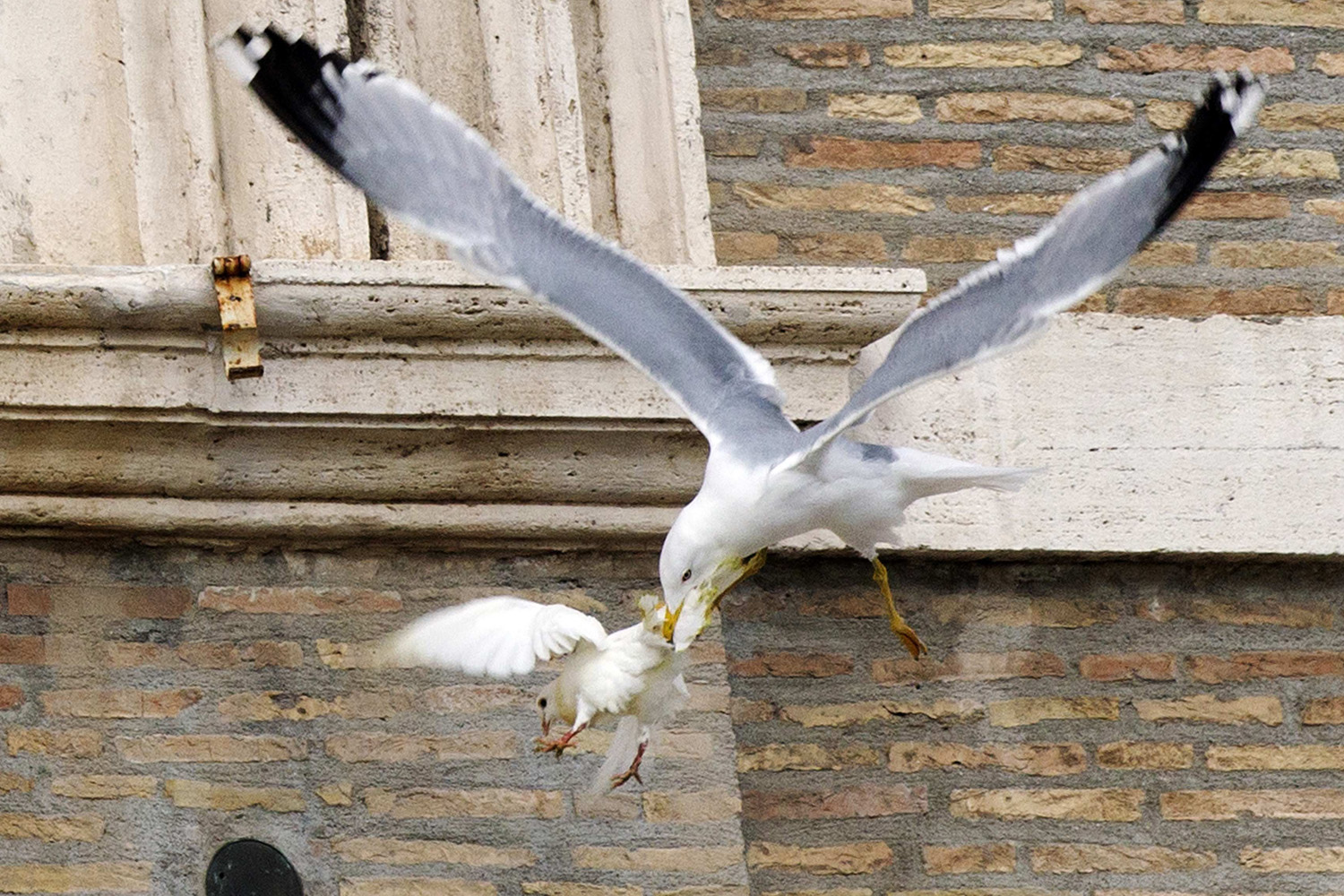
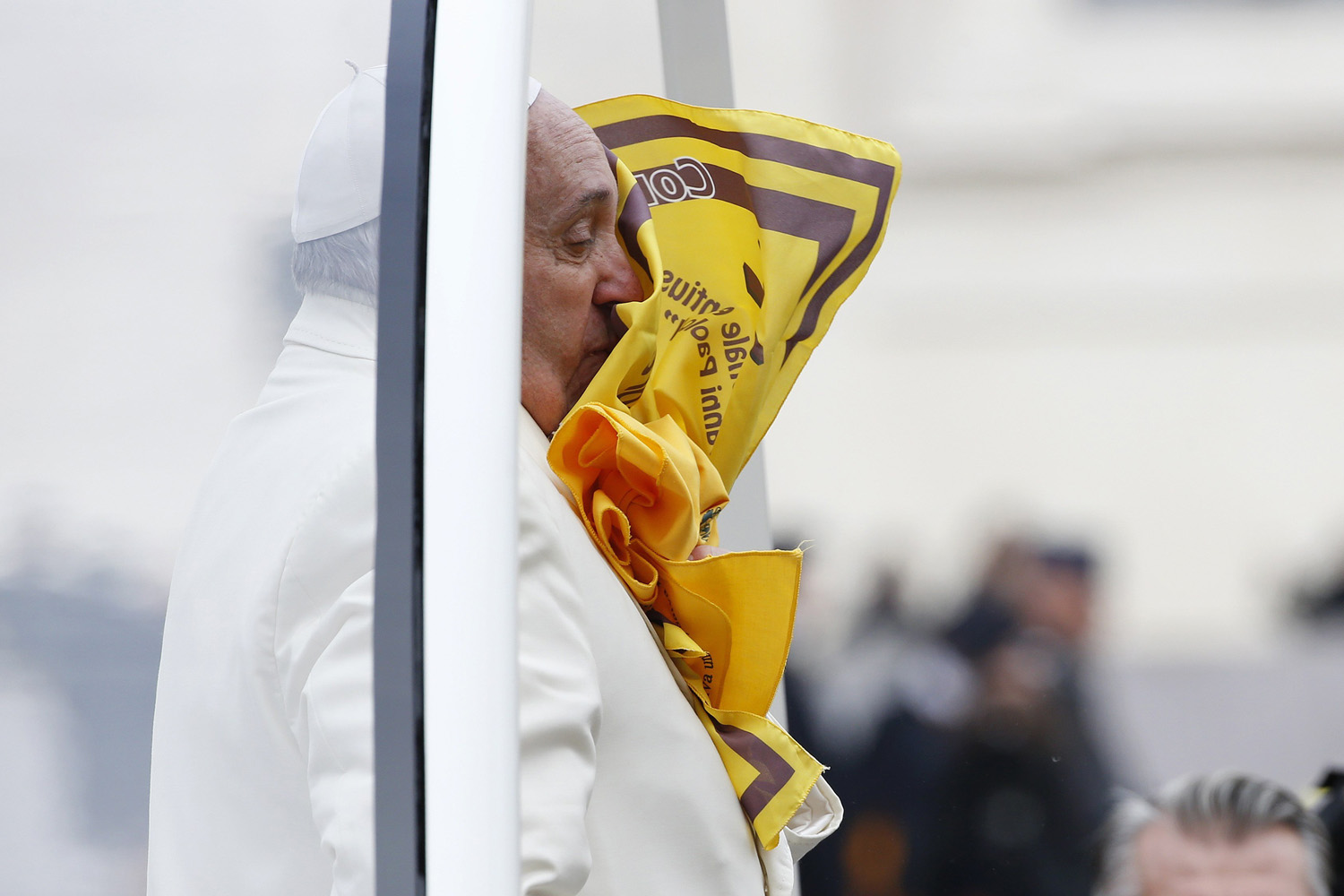
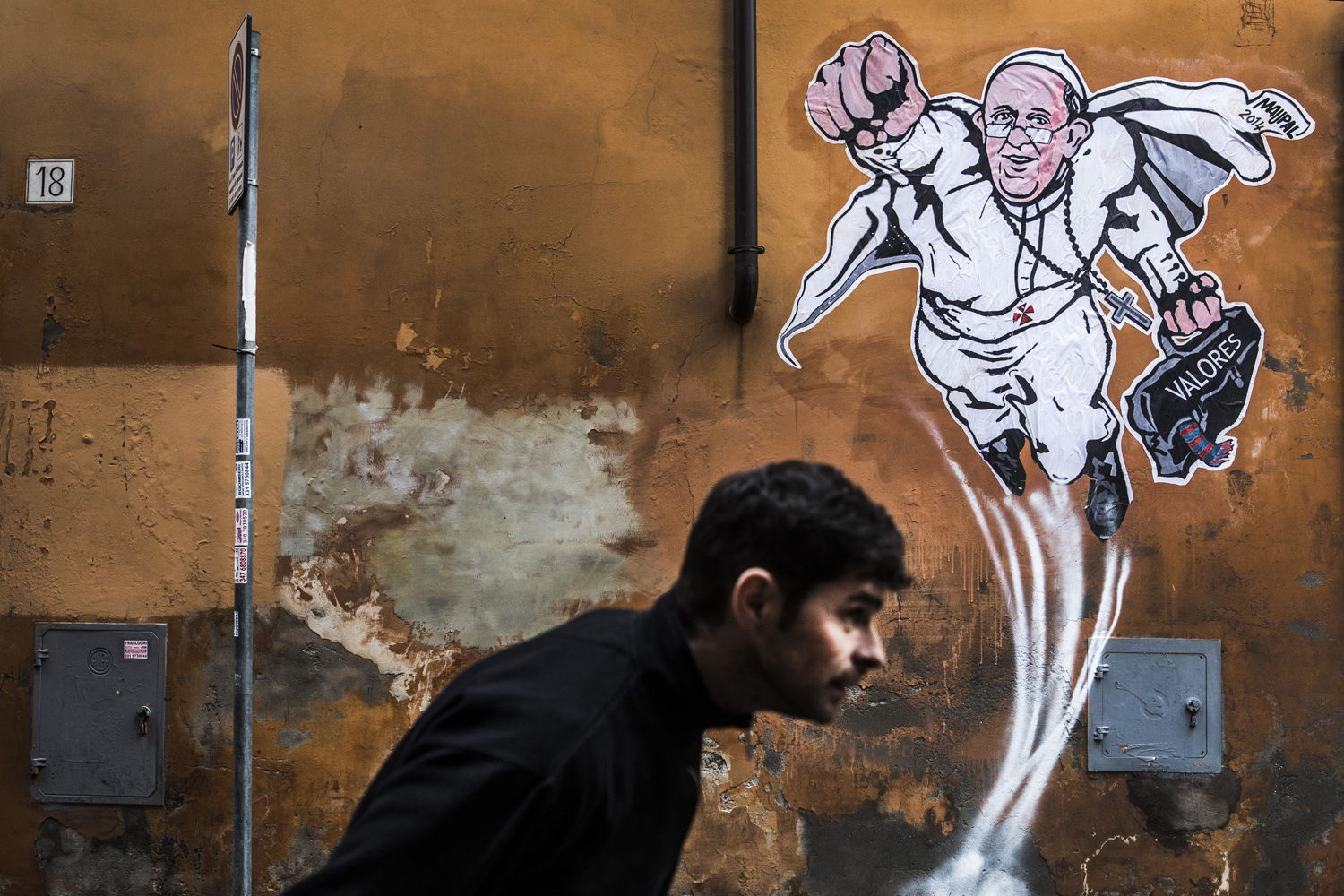
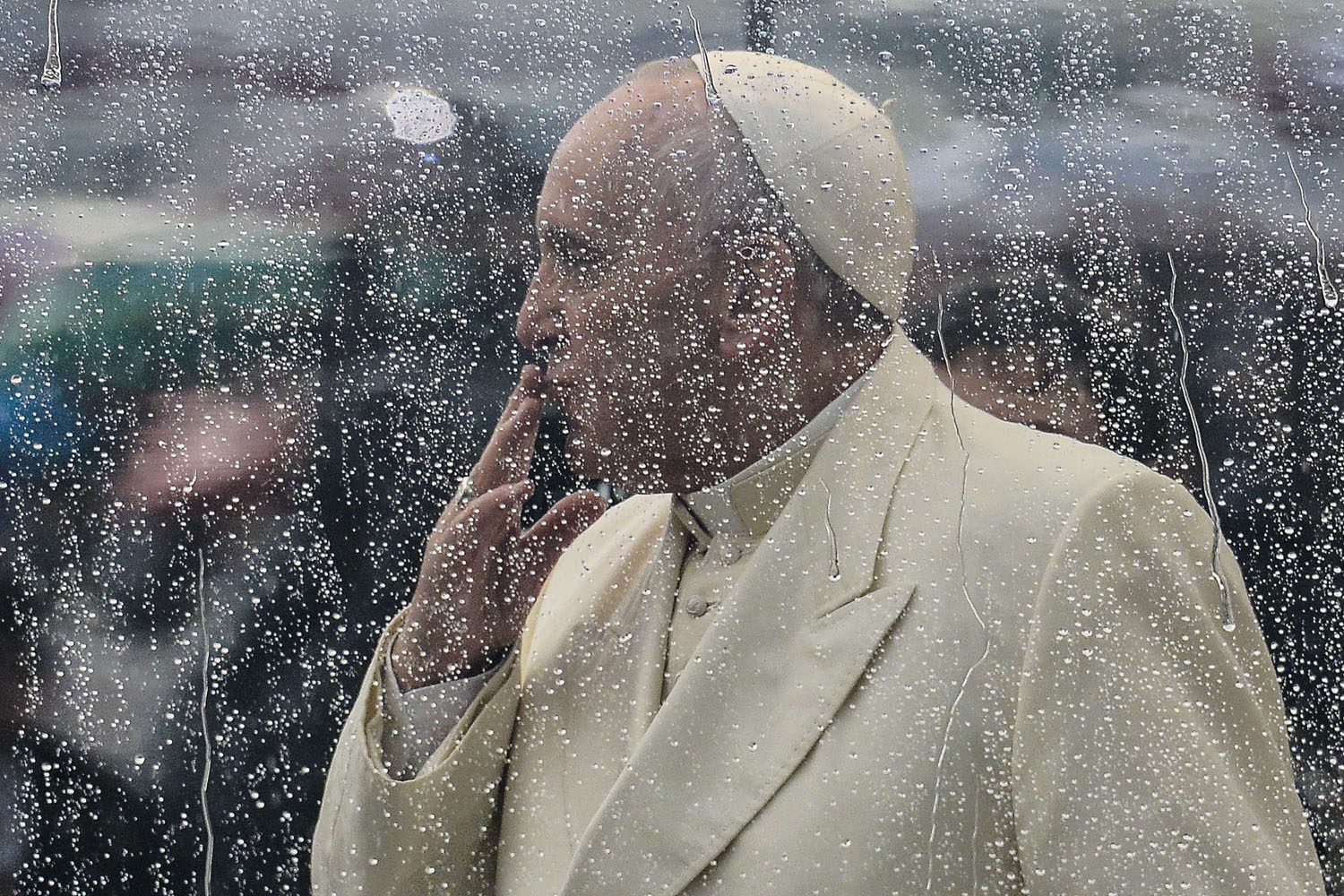
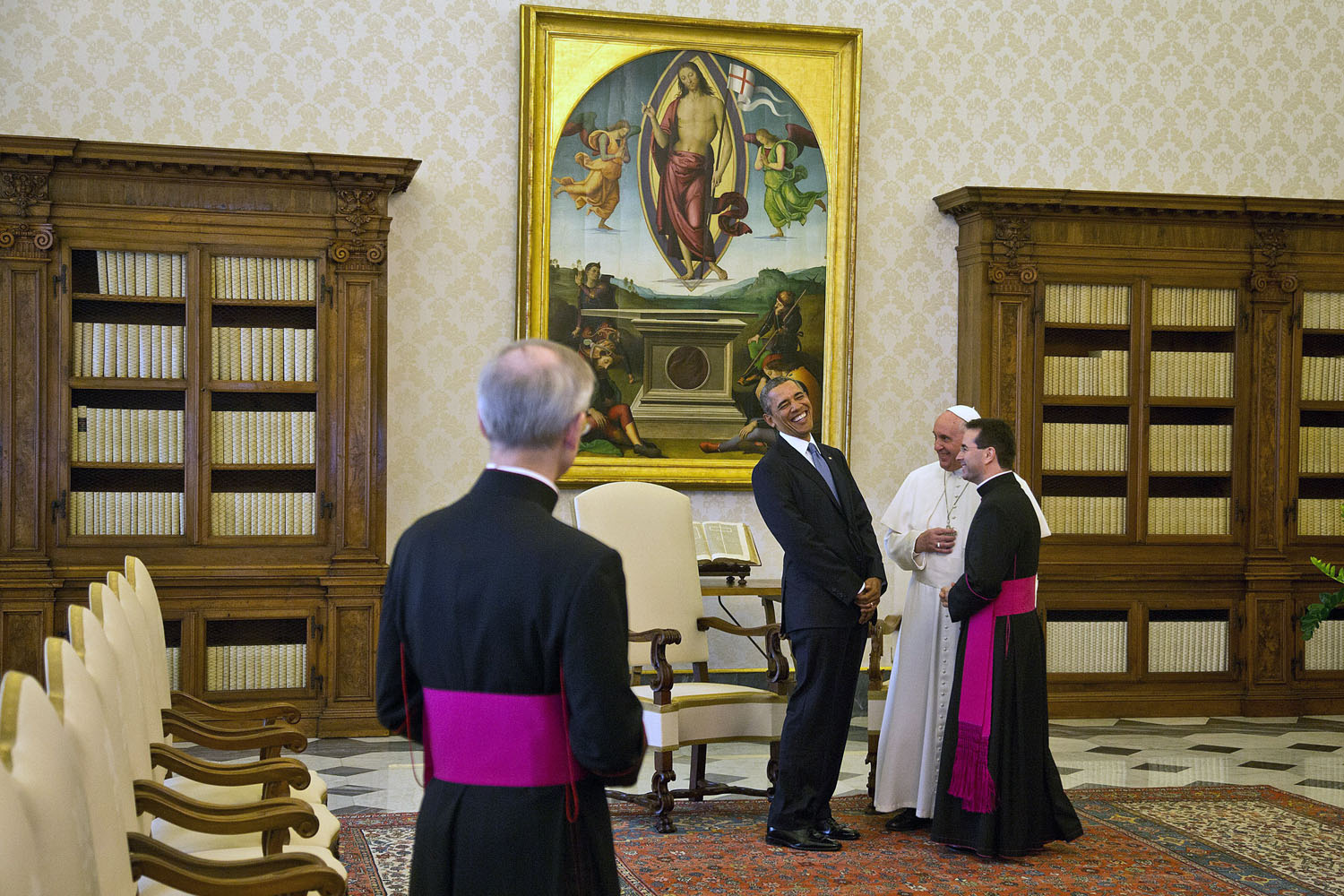
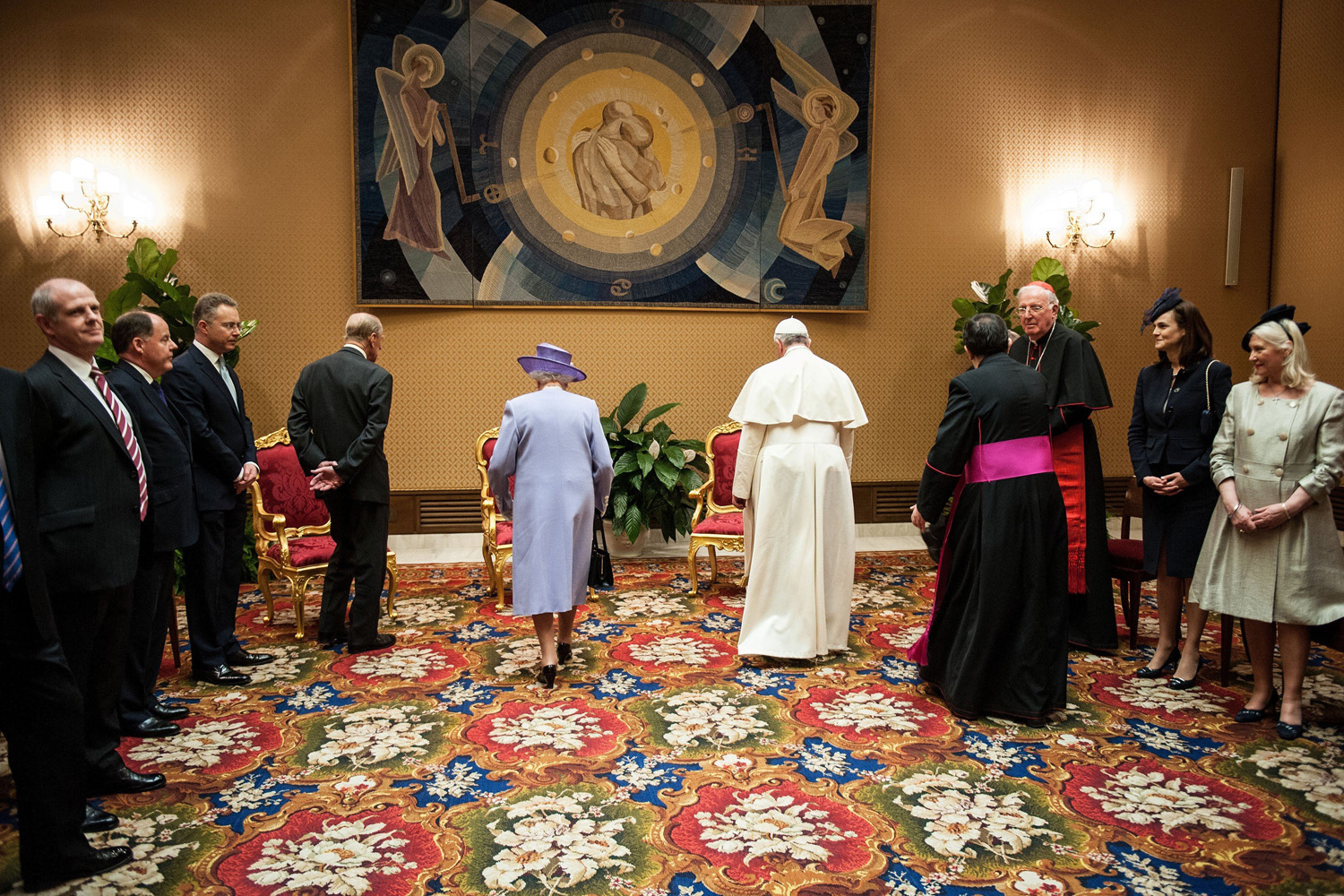
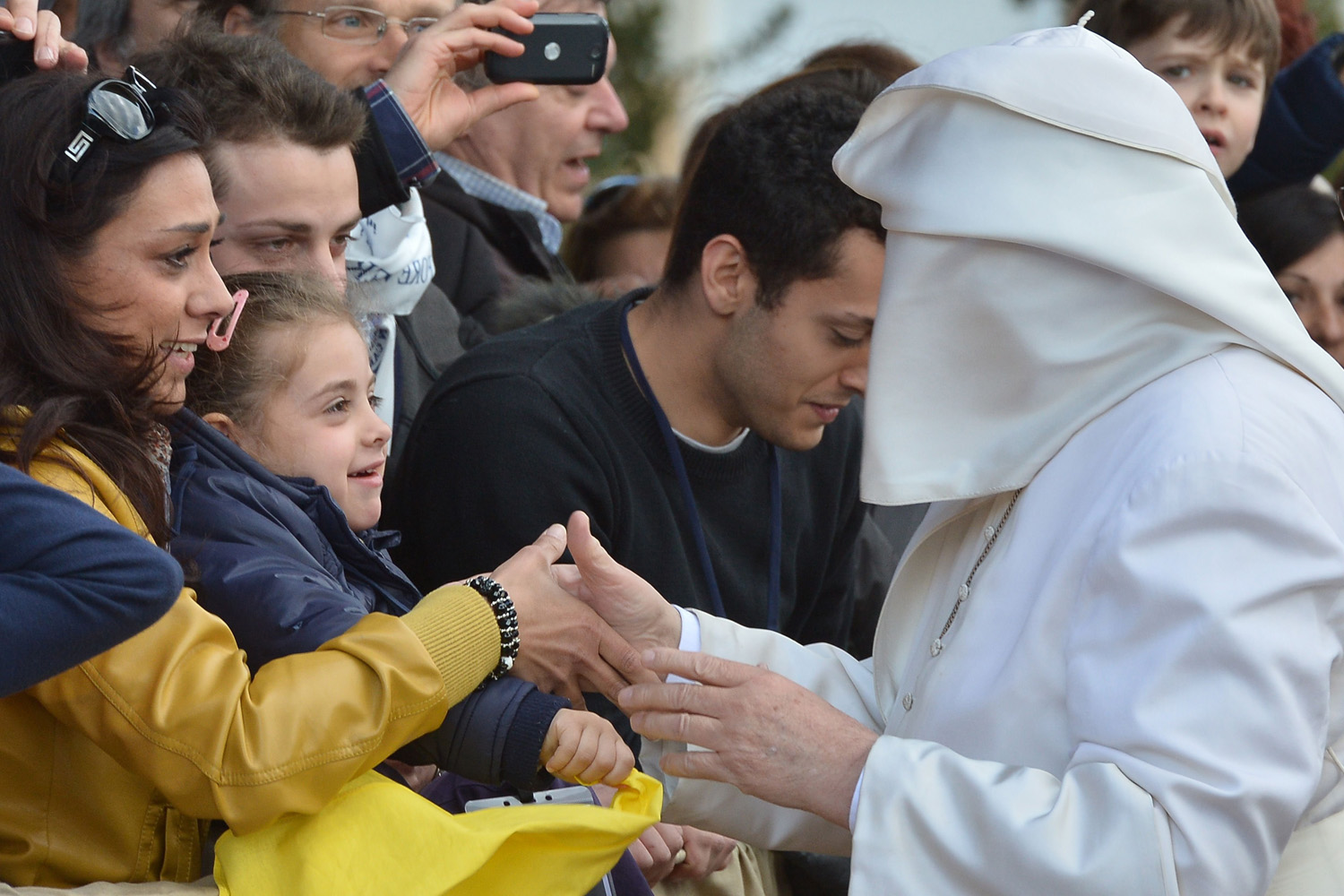
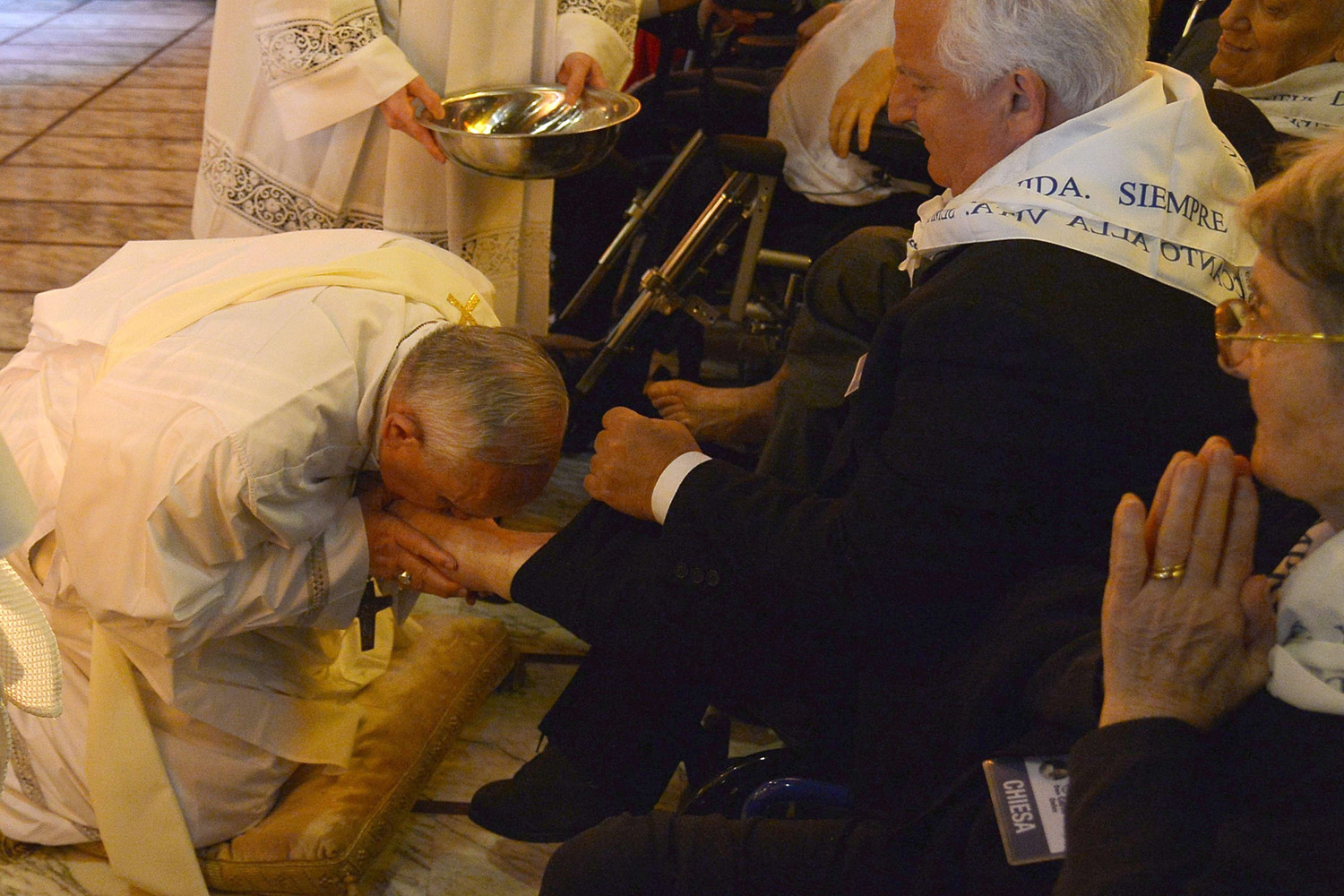
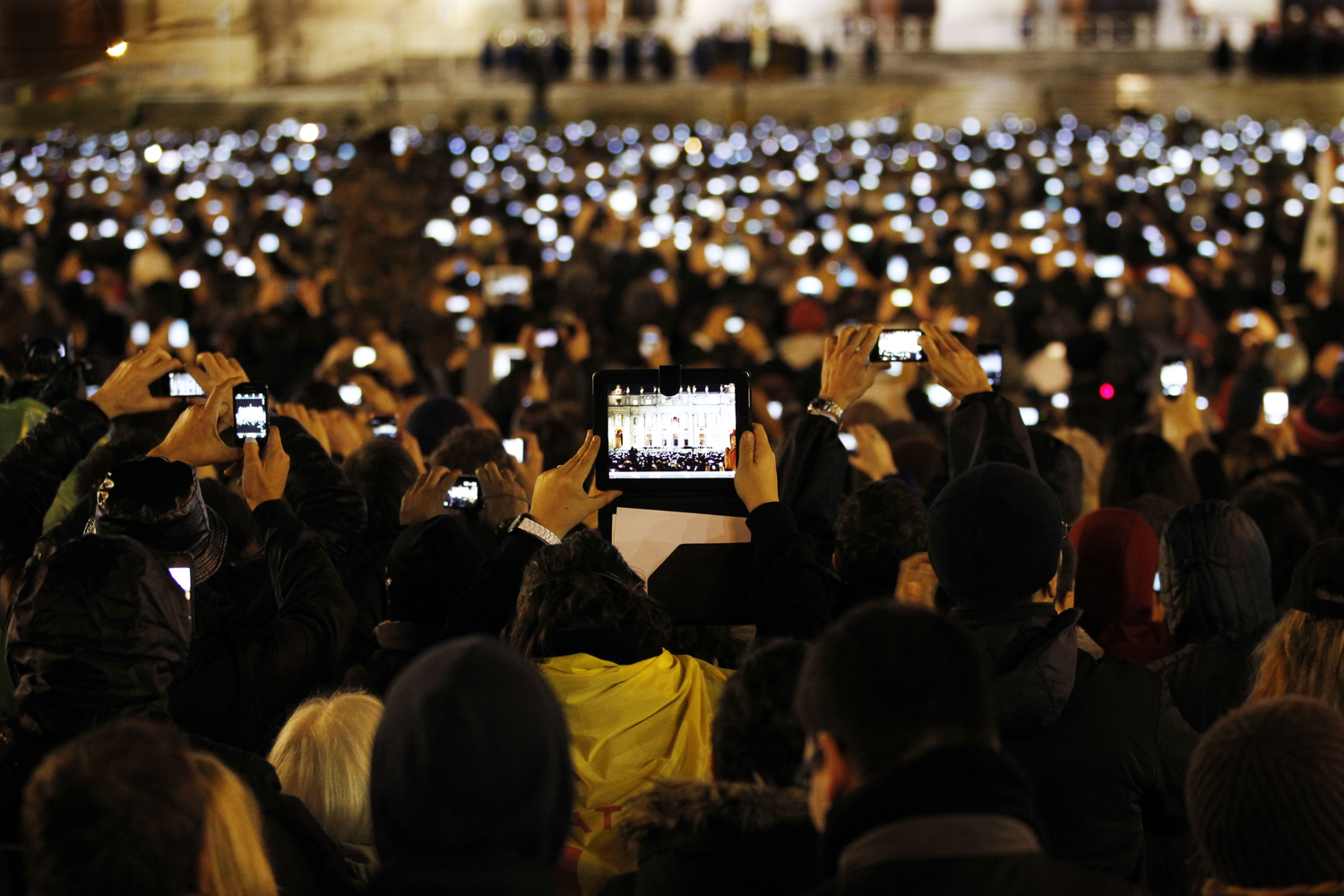
More Must-Reads from TIME
- Donald Trump Is TIME's 2024 Person of the Year
- Why We Chose Trump as Person of the Year
- Is Intermittent Fasting Good or Bad for You?
- The 100 Must-Read Books of 2024
- The 20 Best Christmas TV Episodes
- Column: If Optimism Feels Ridiculous Now, Try Hope
- The Future of Climate Action Is Trade Policy
- Merle Bombardieri Is Helping People Make the Baby Decision
Contact us at letters@time.com